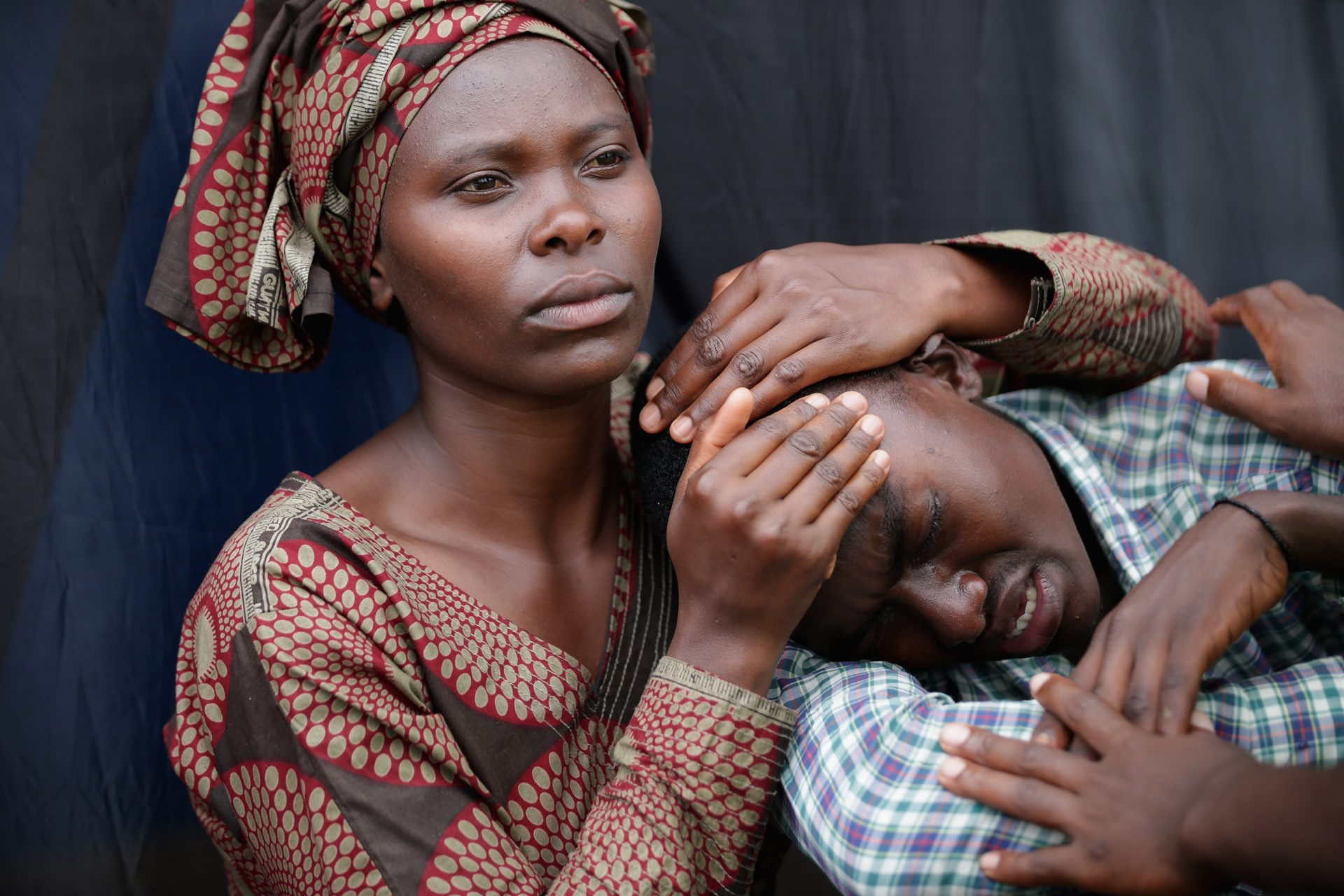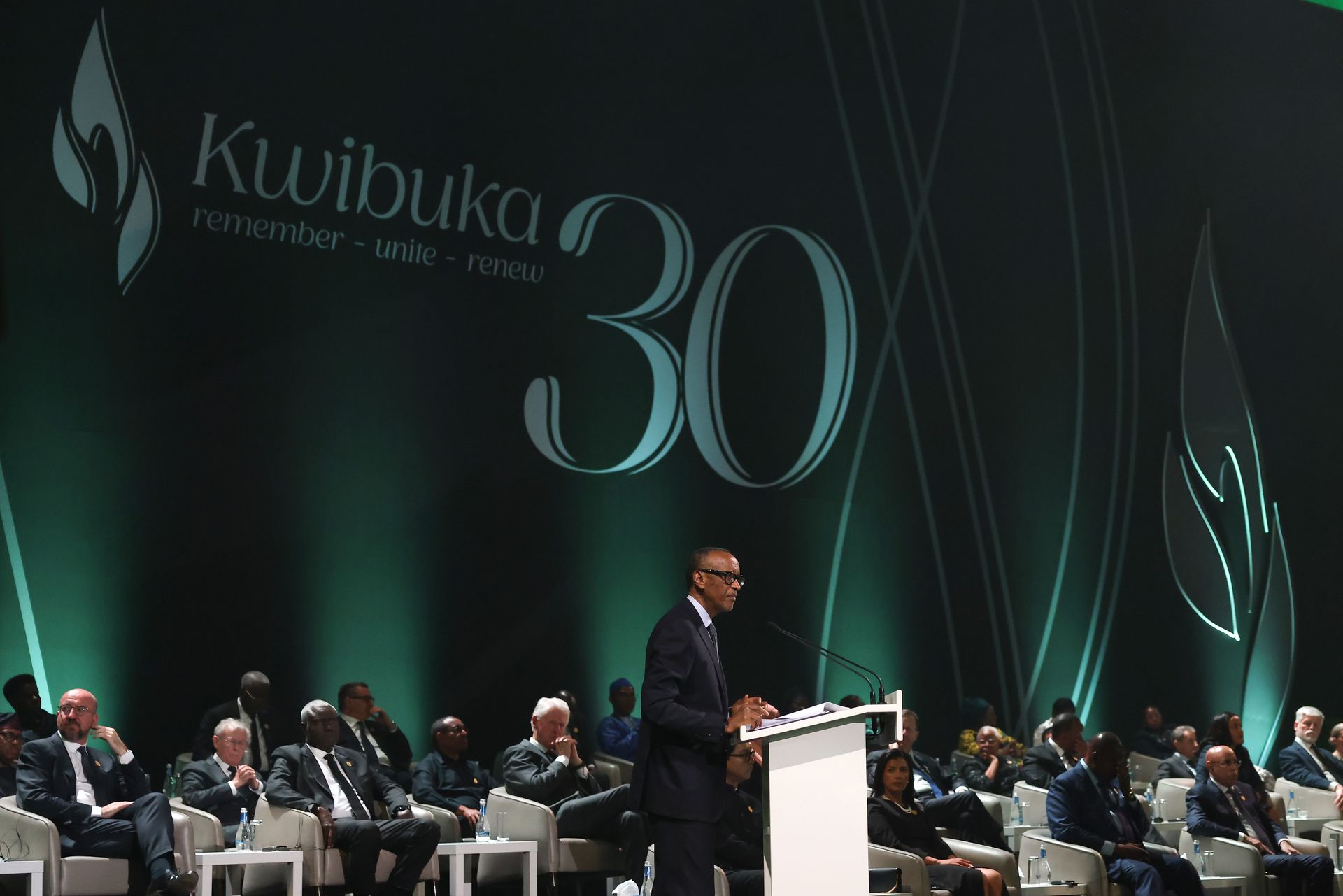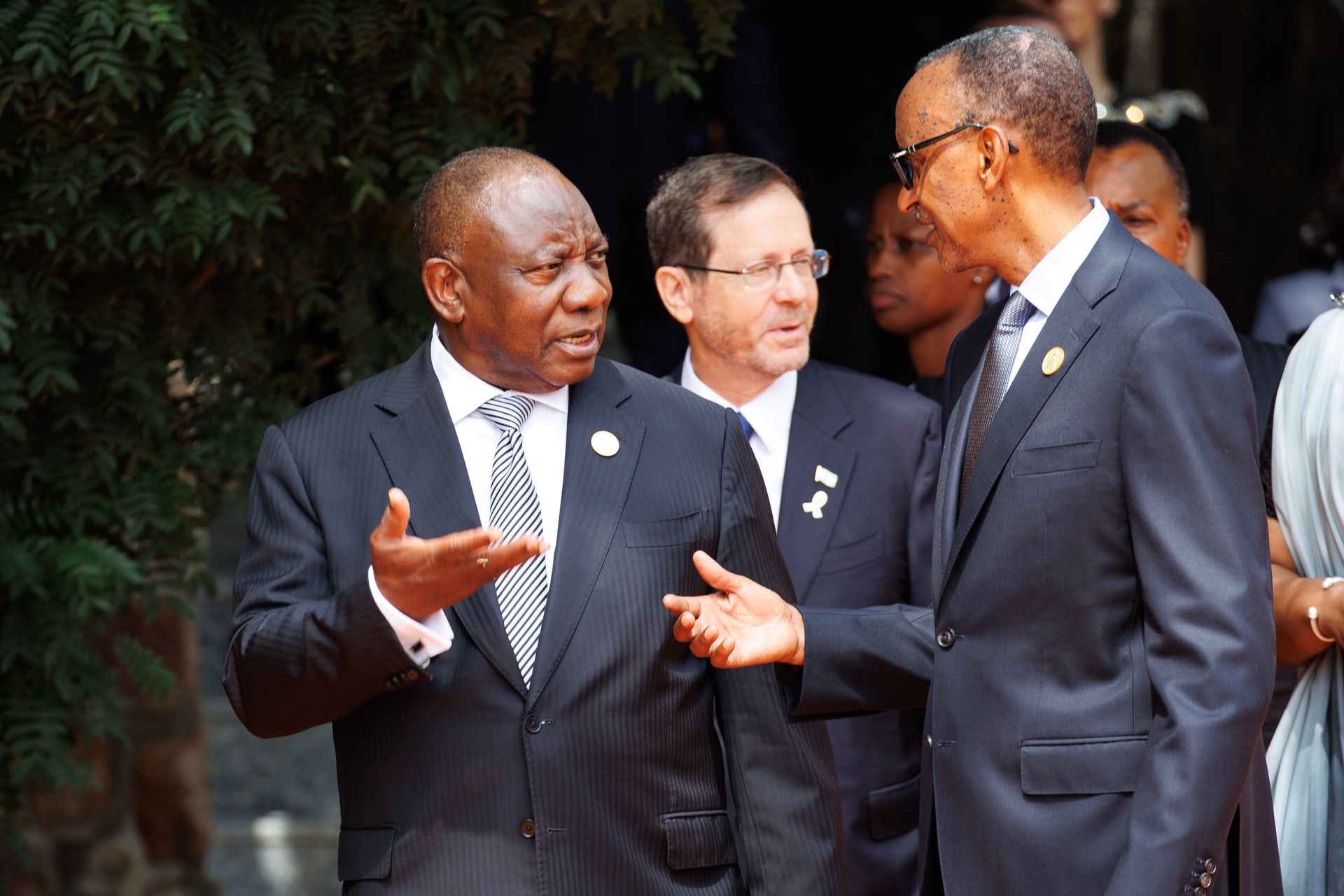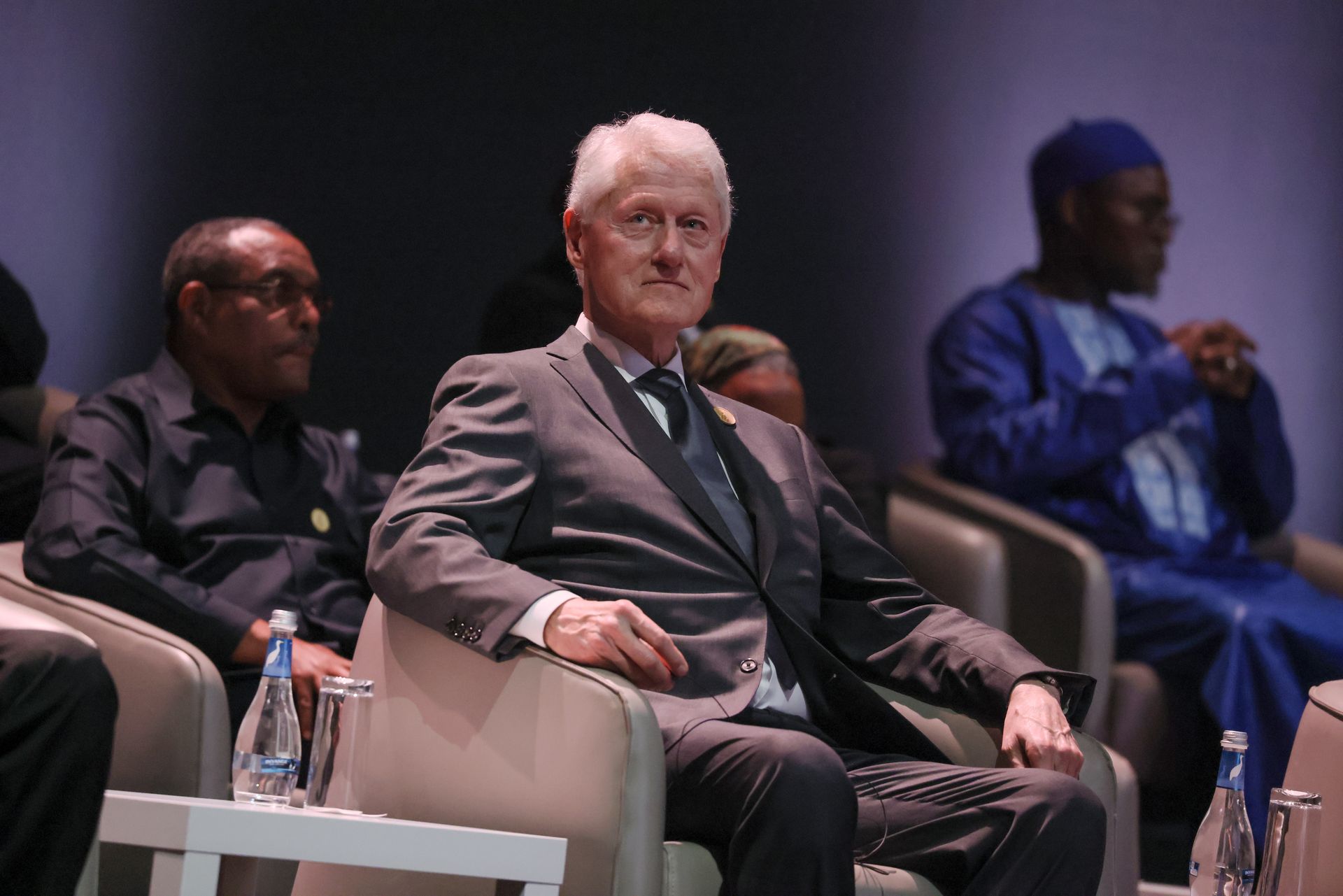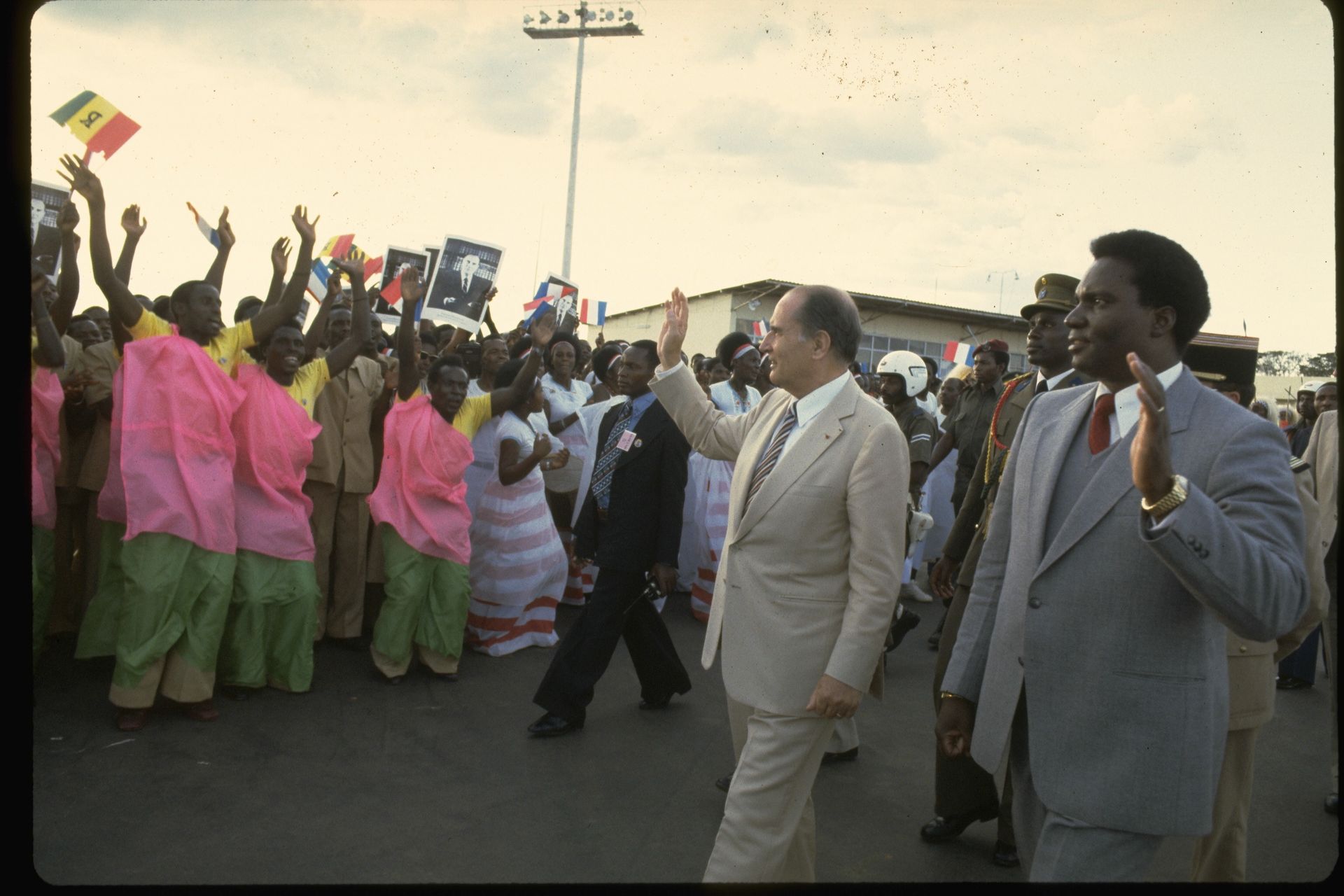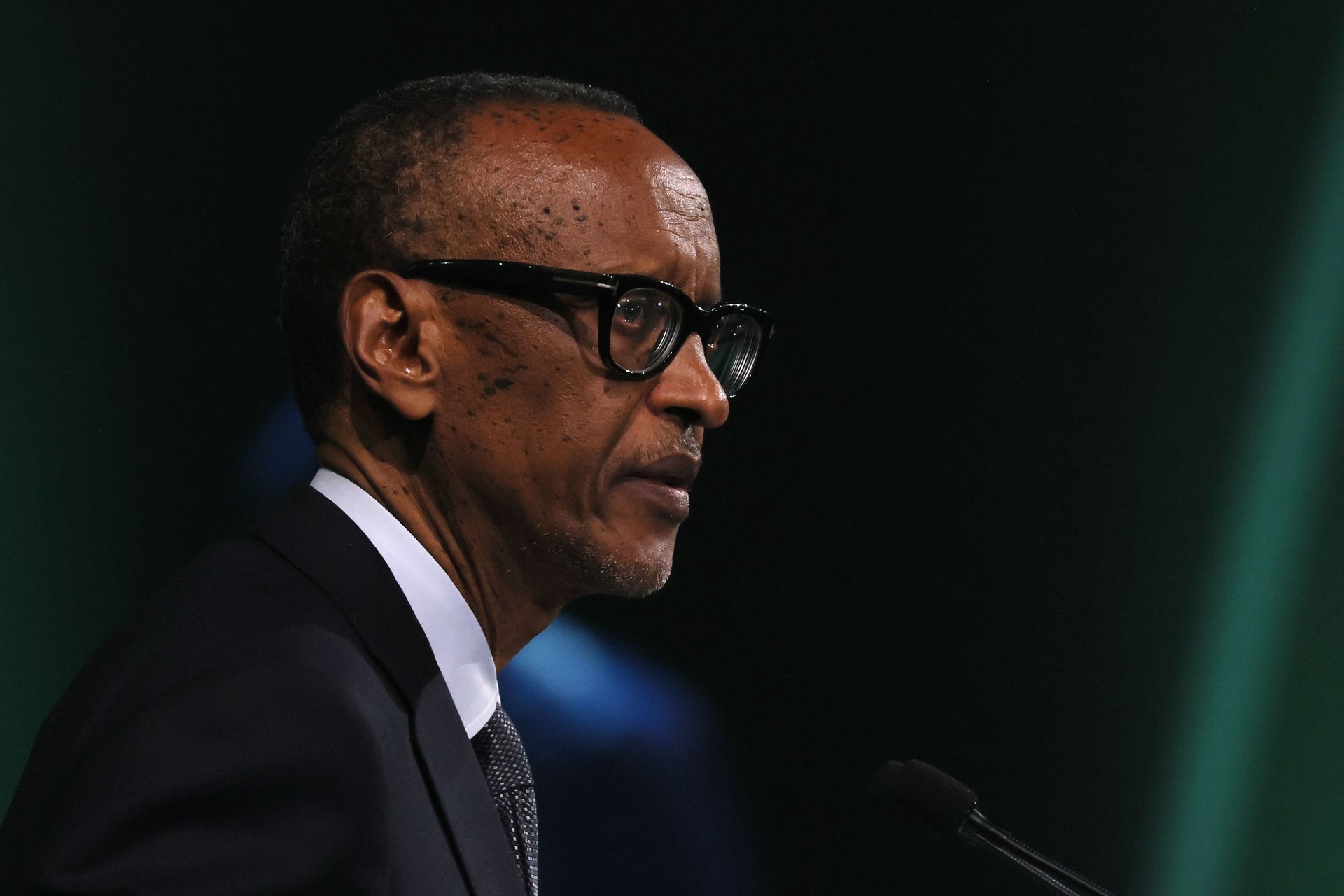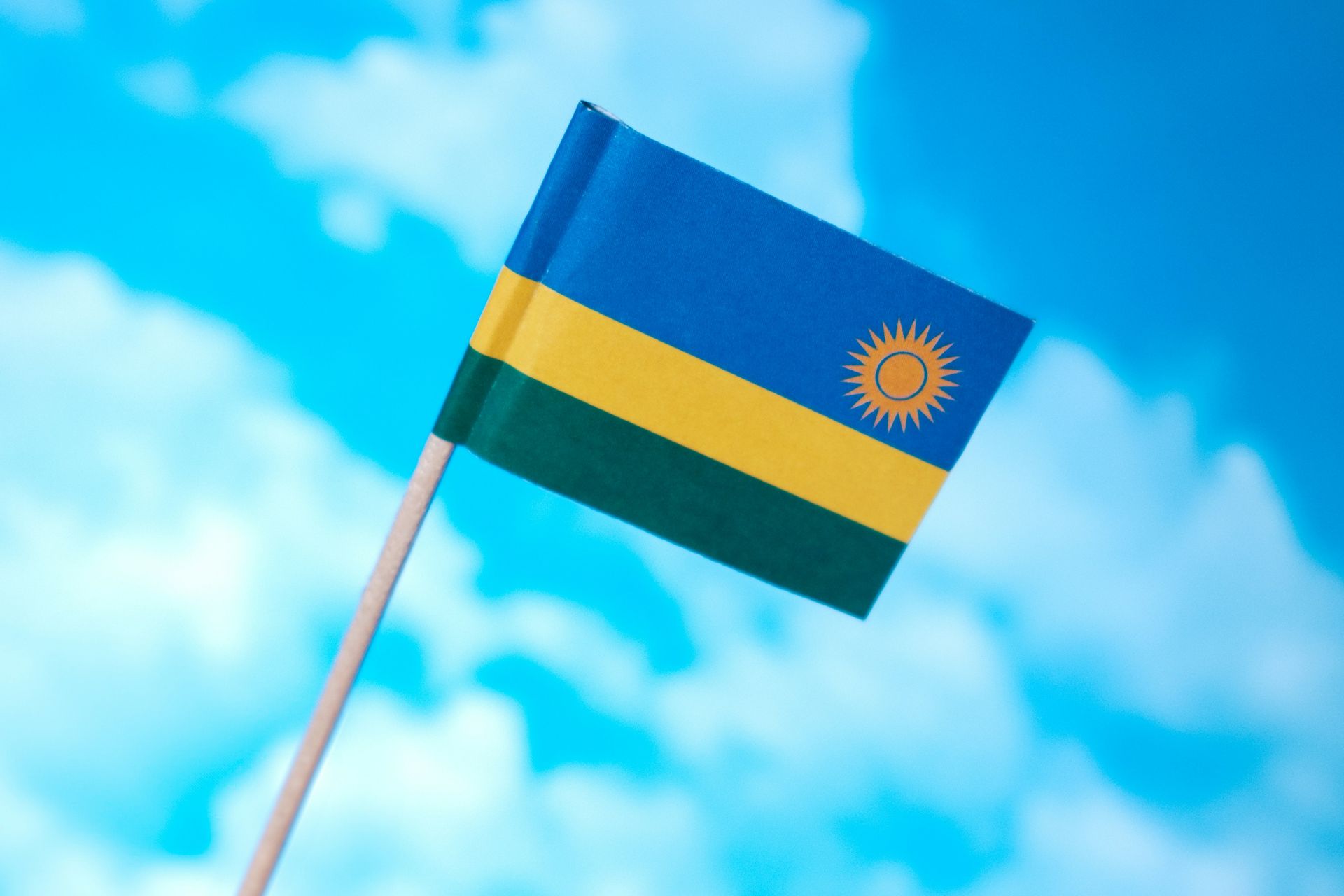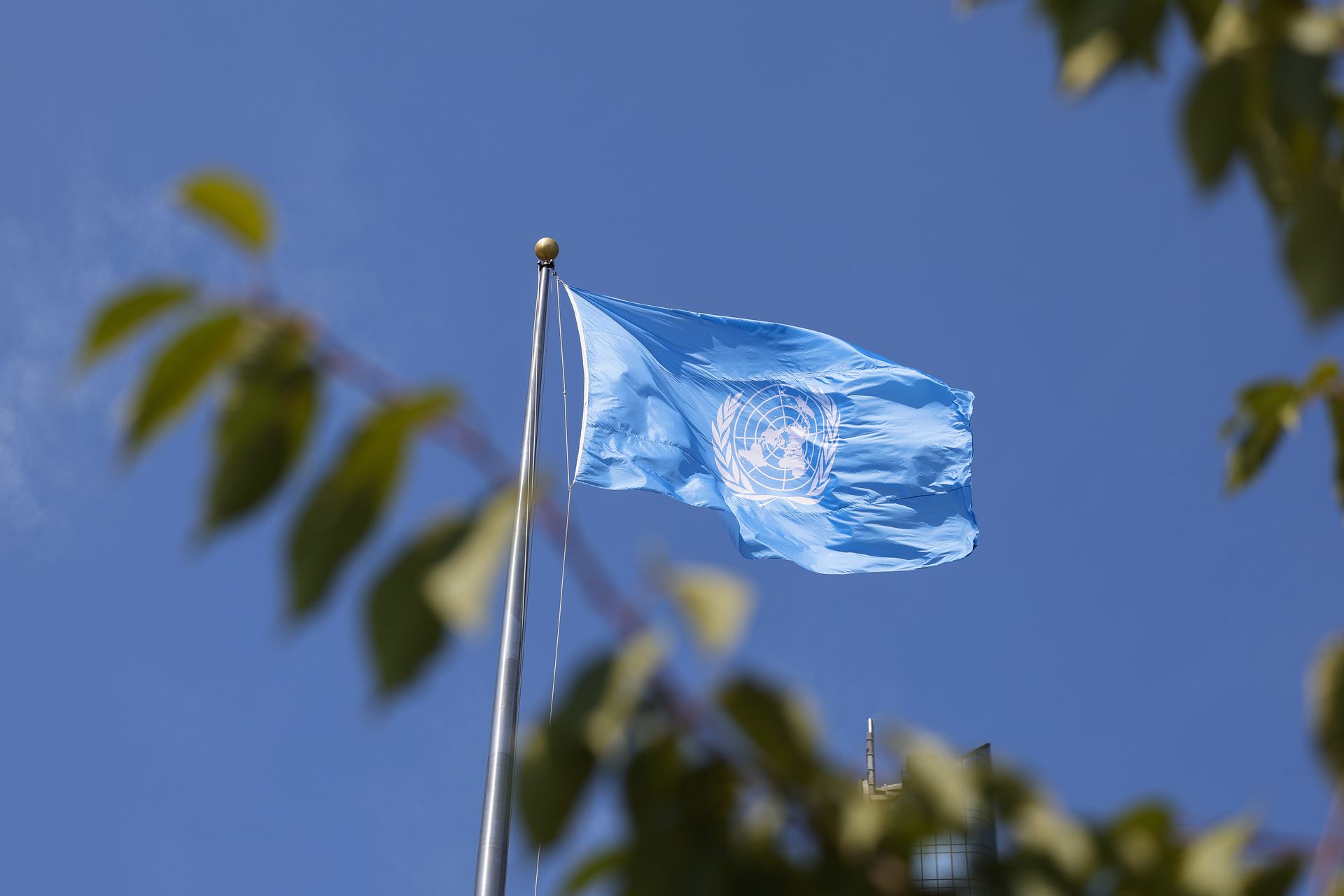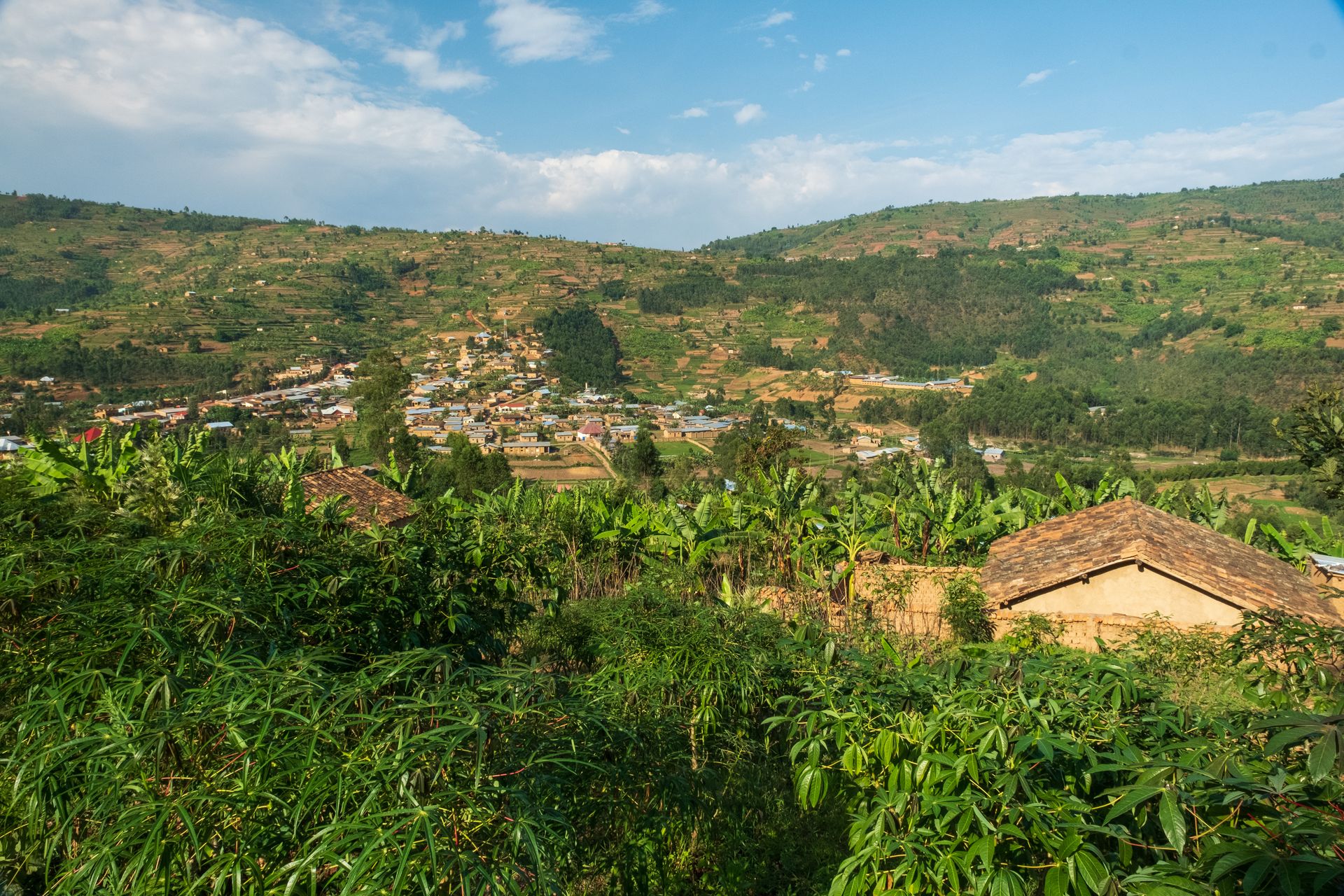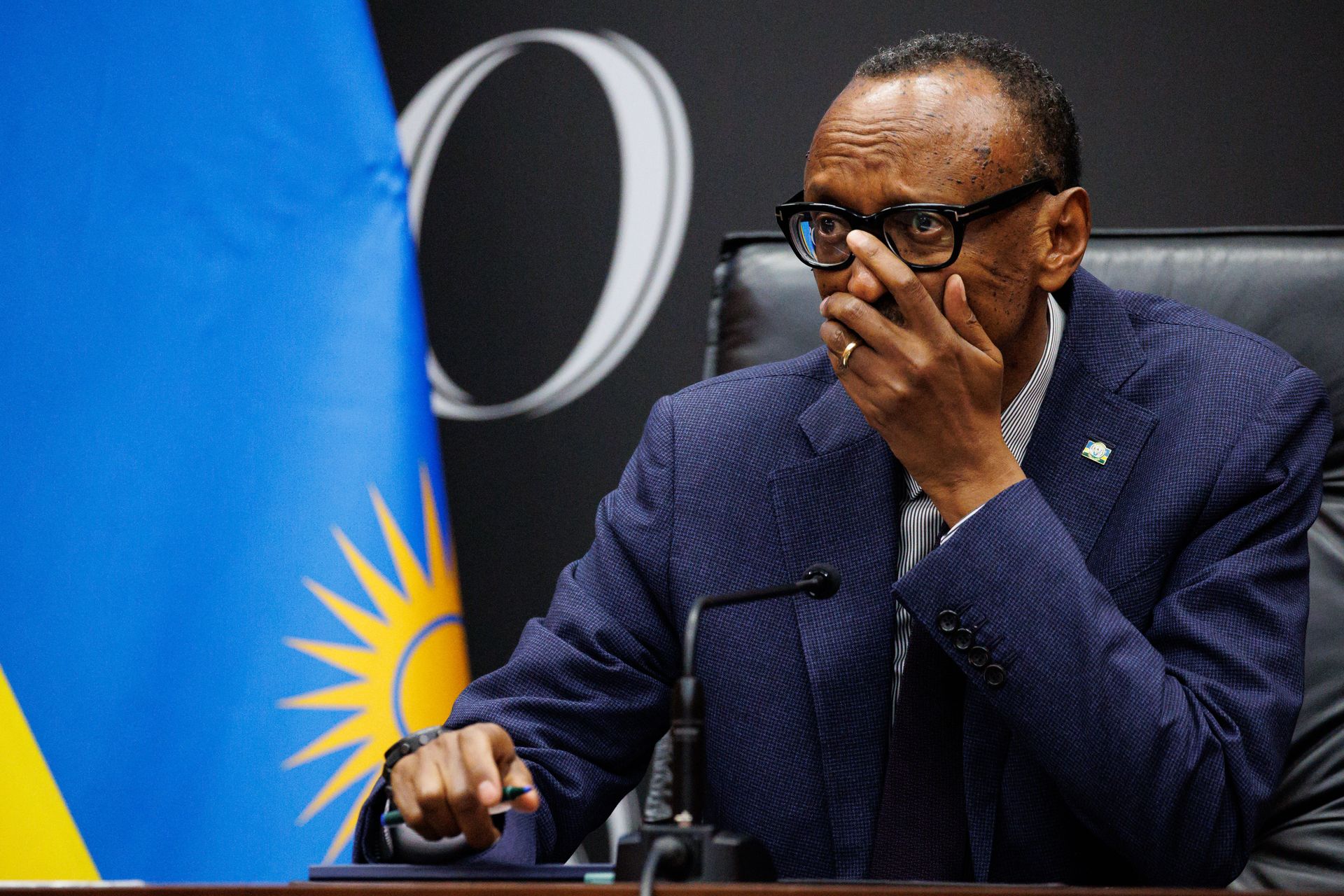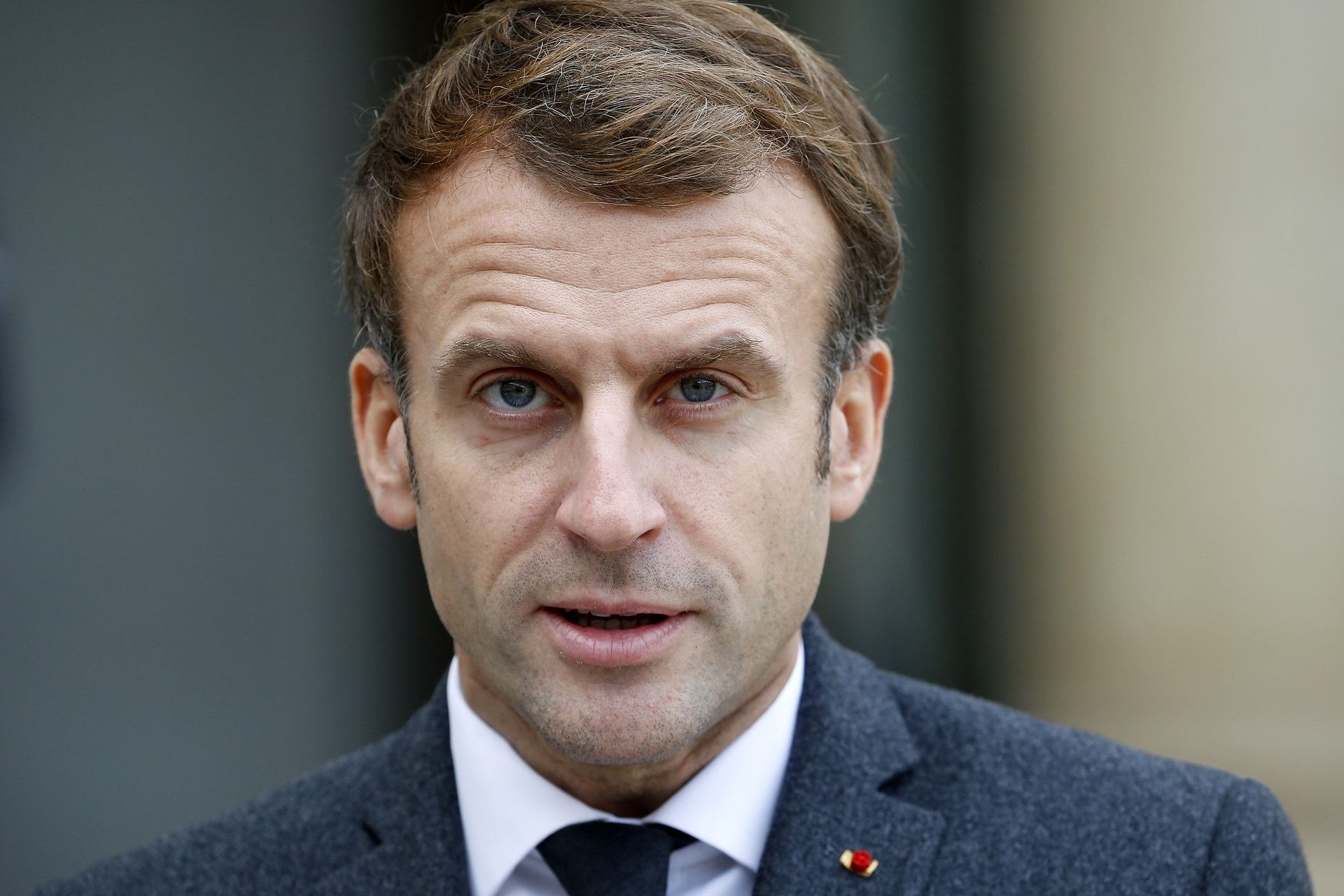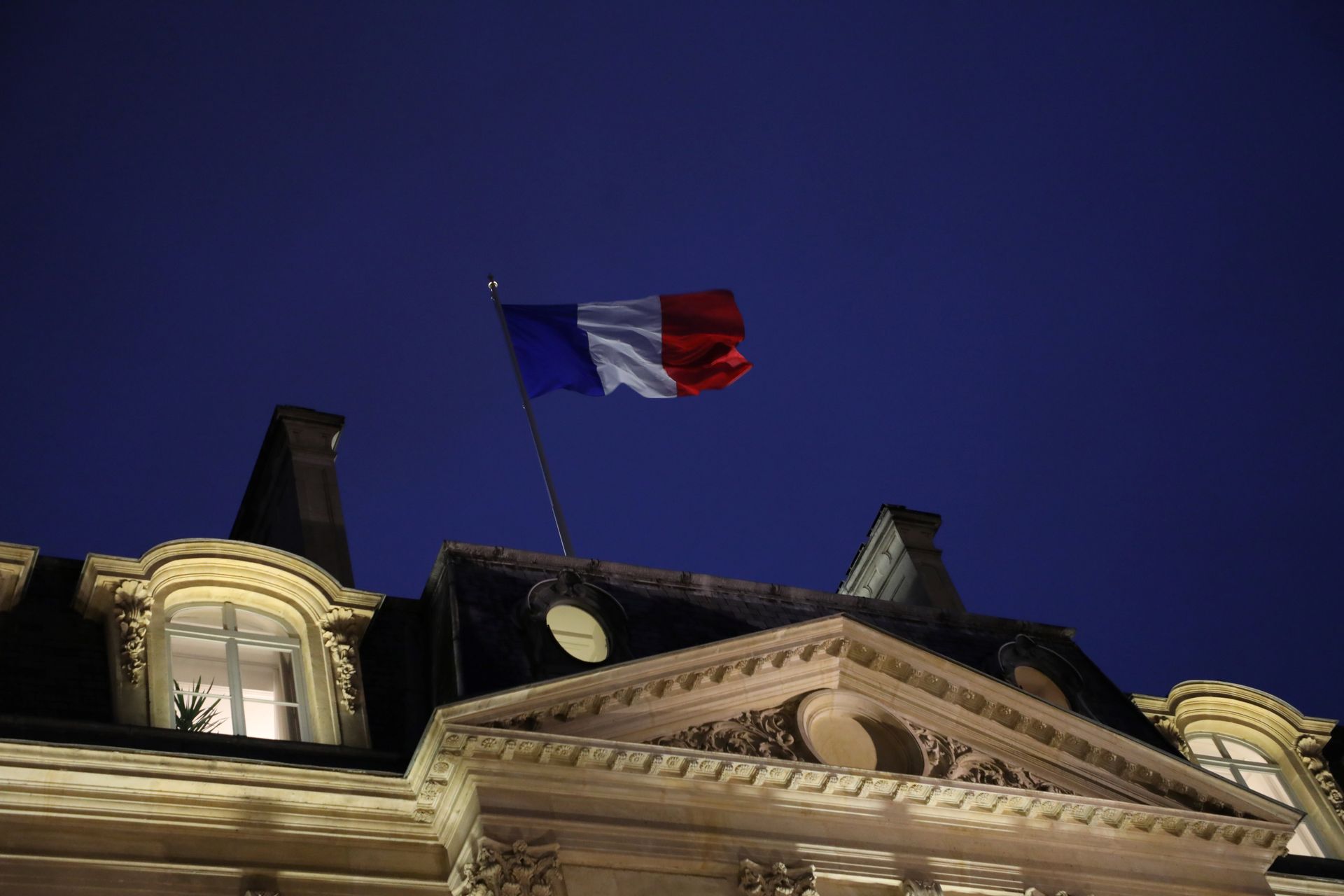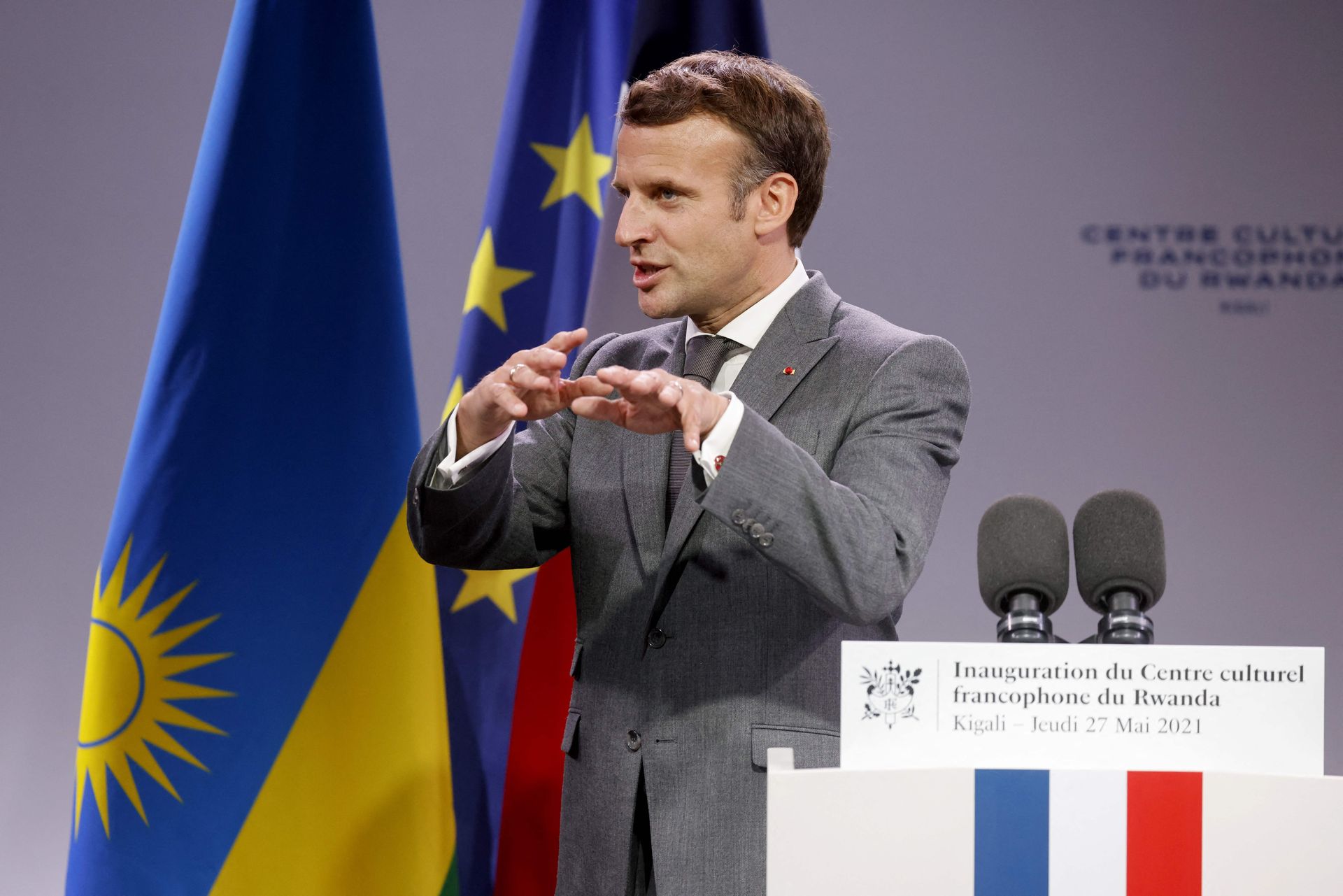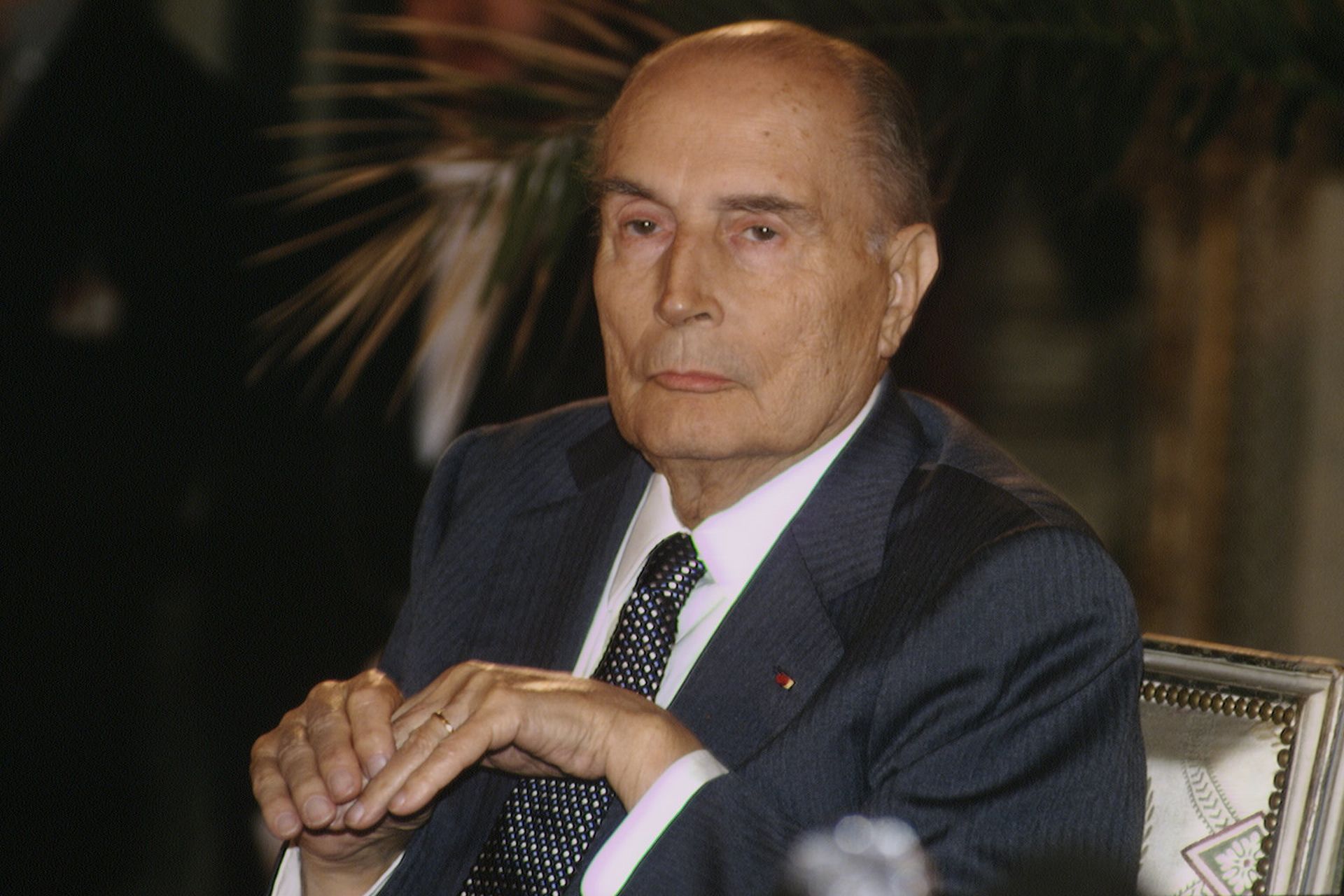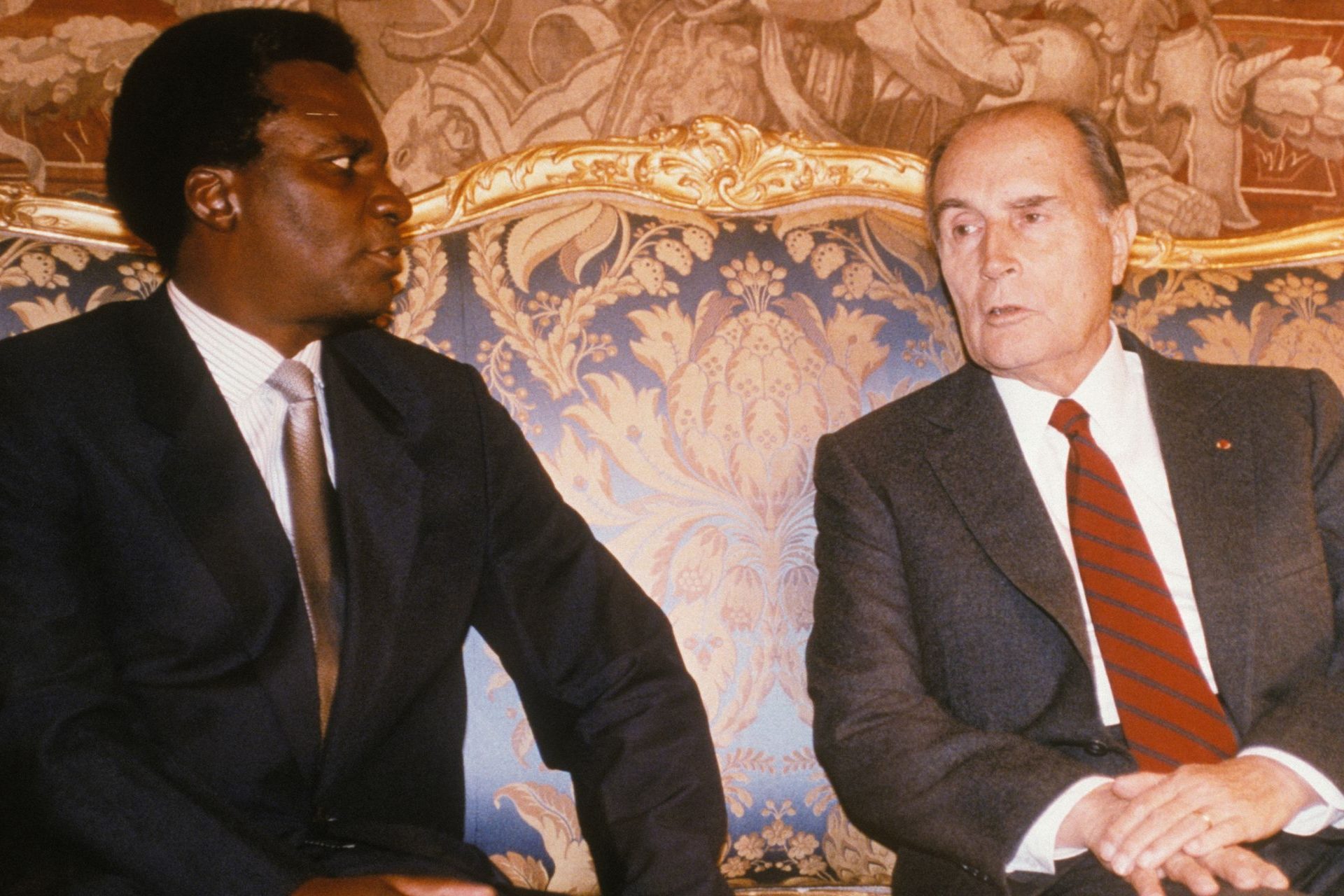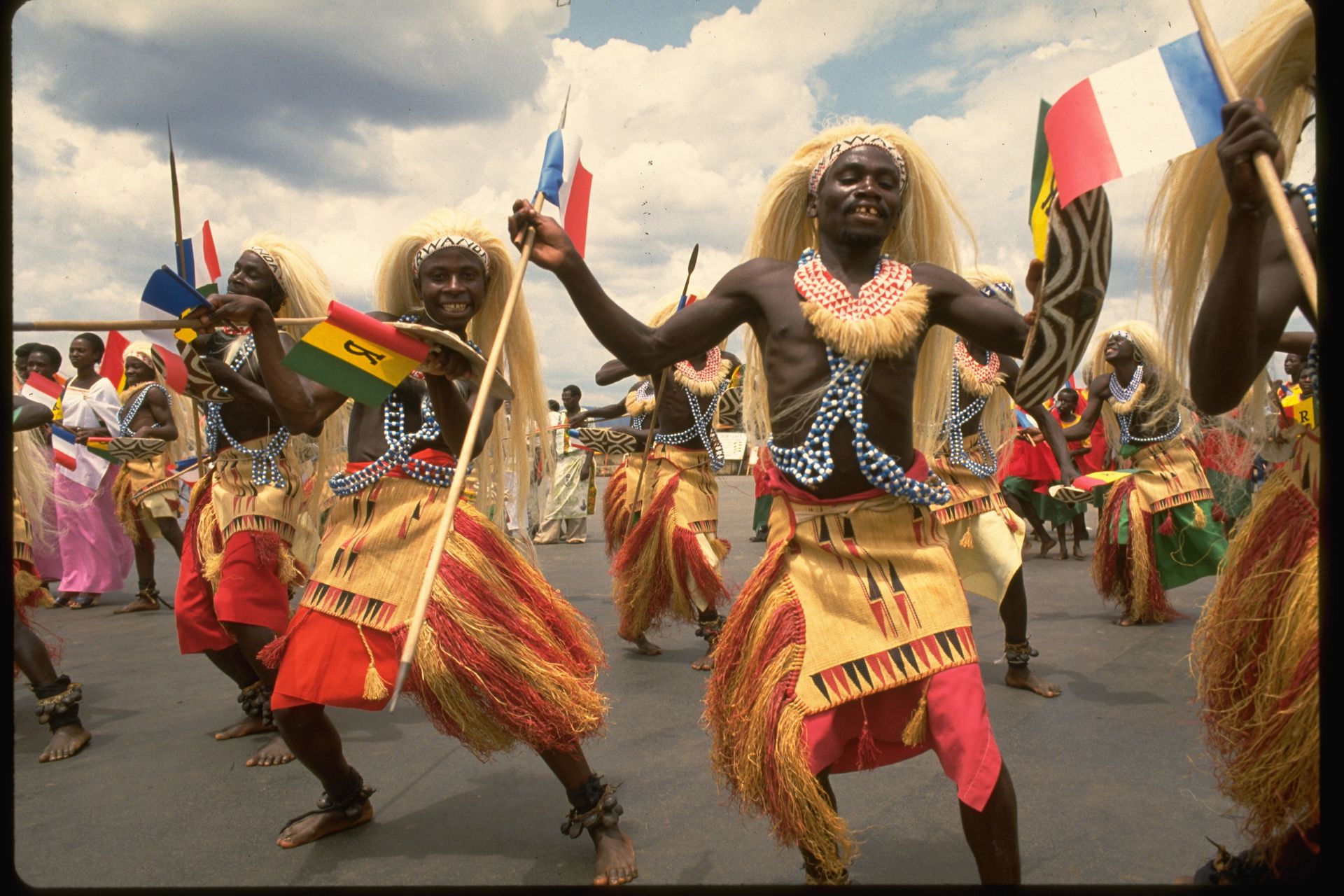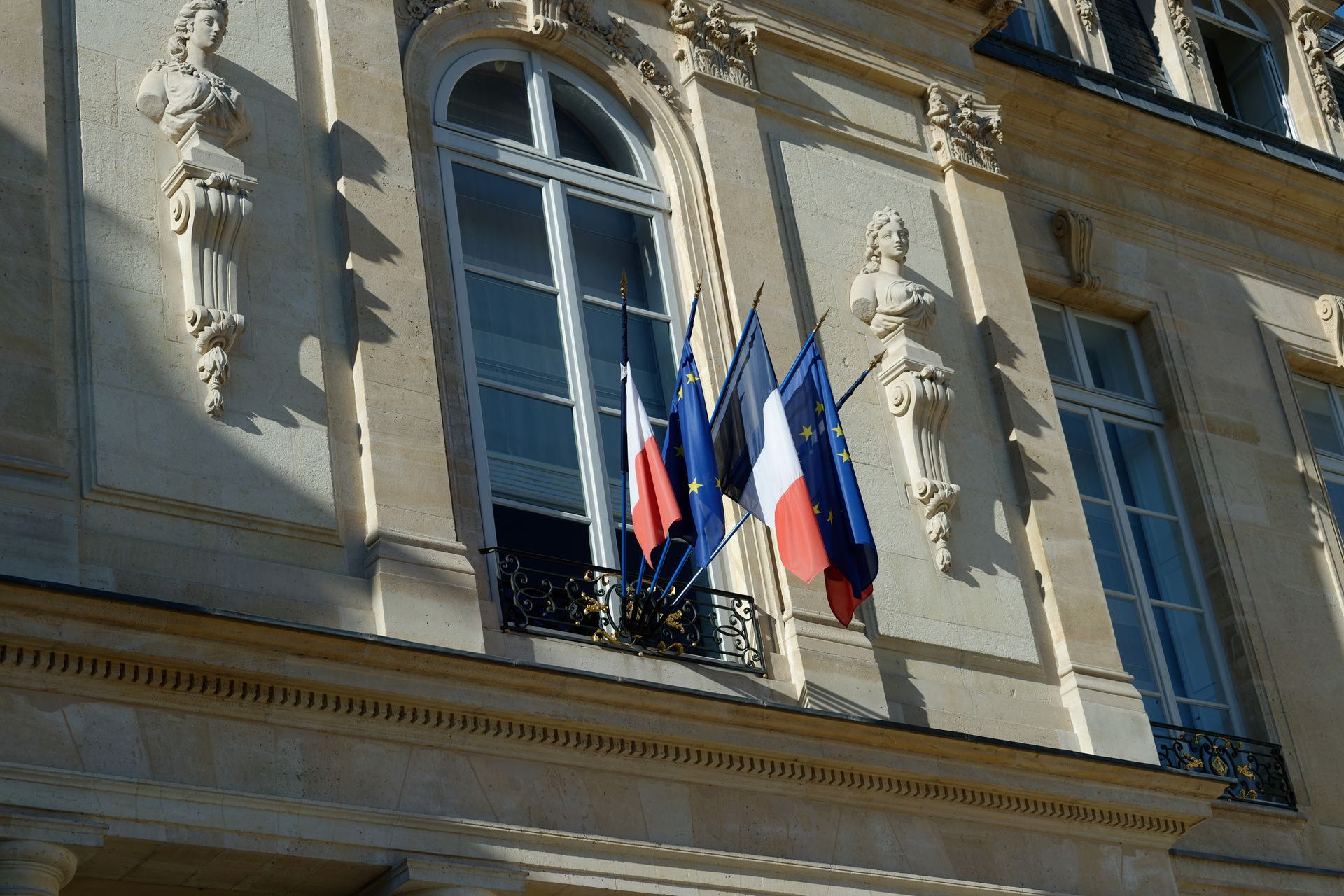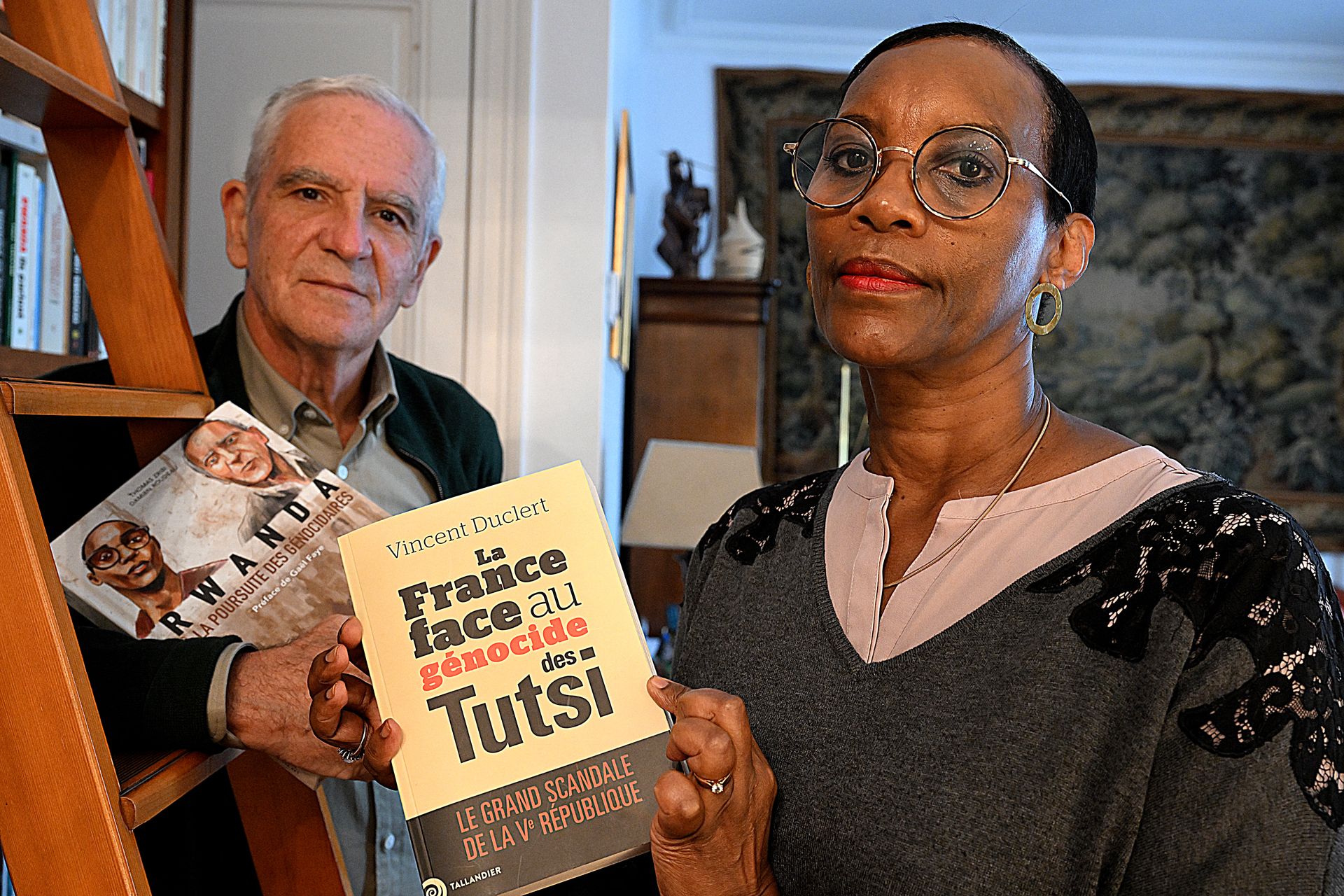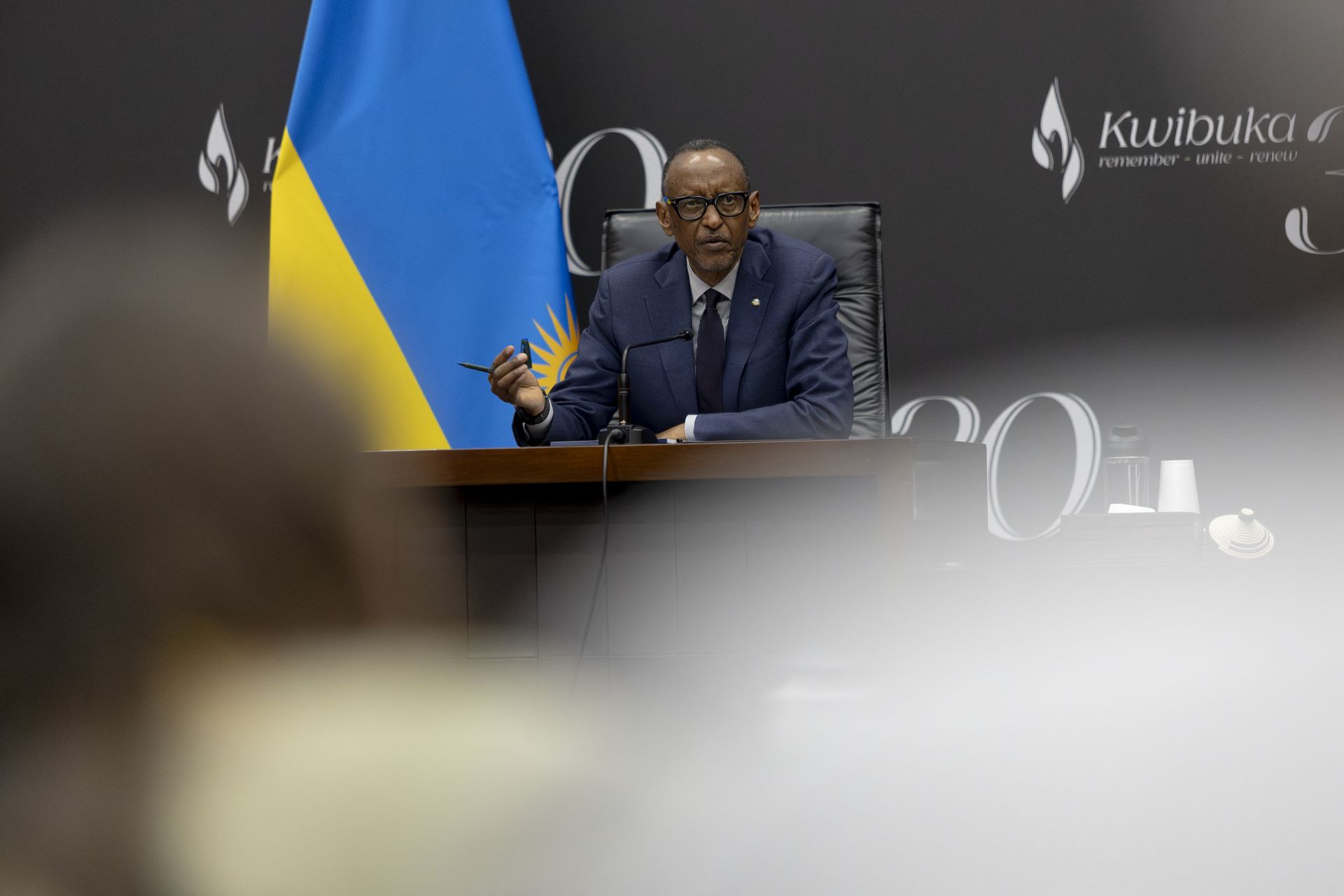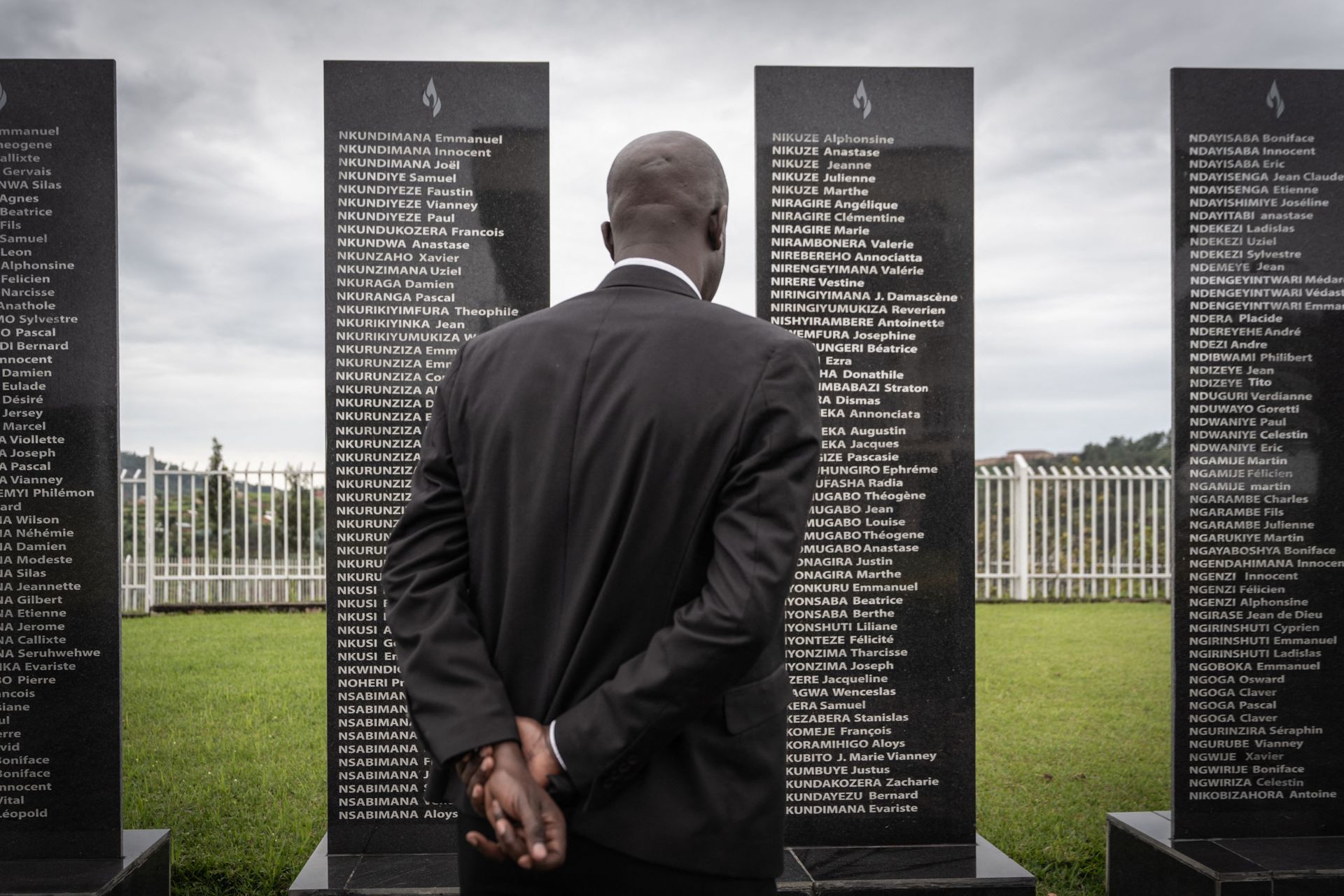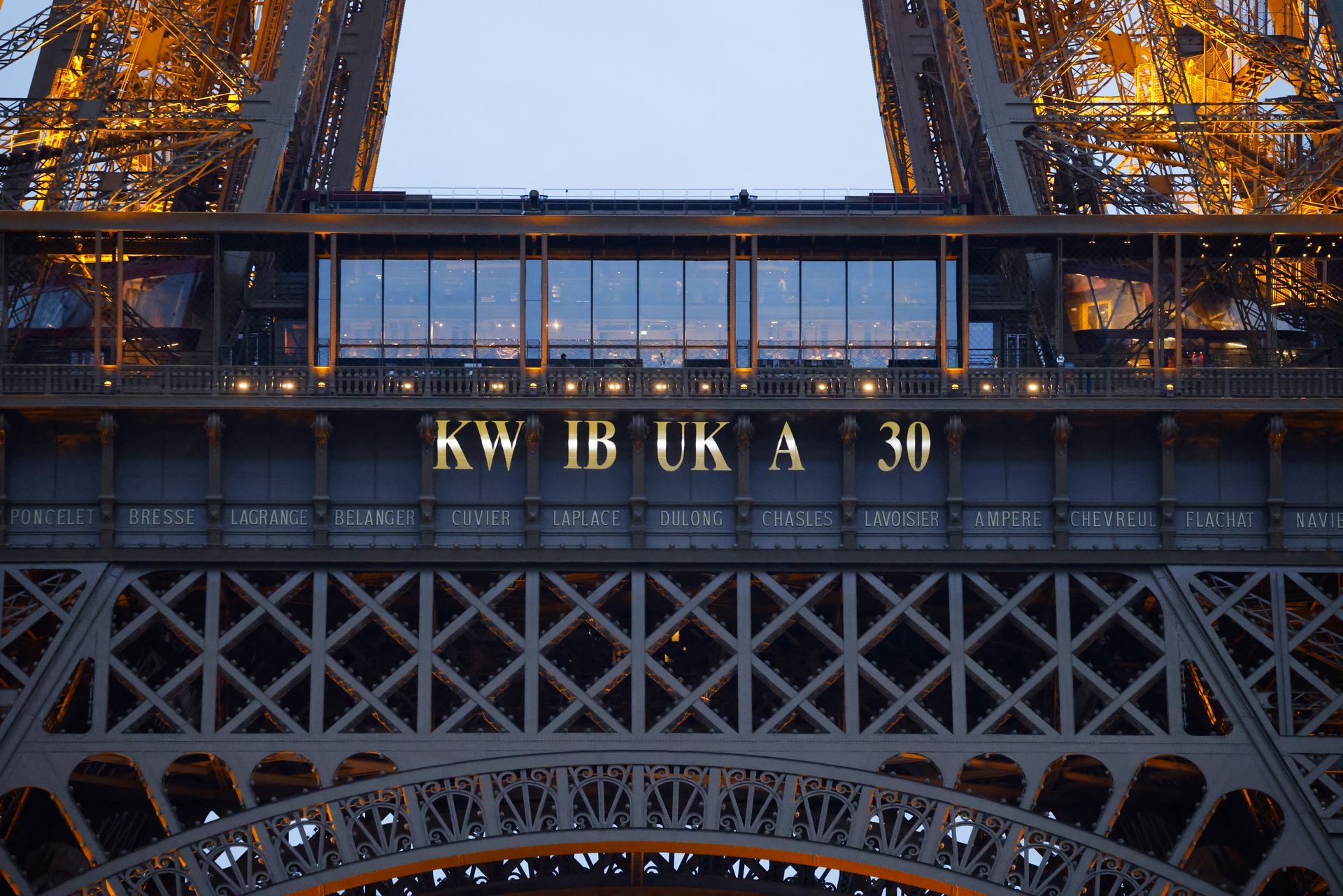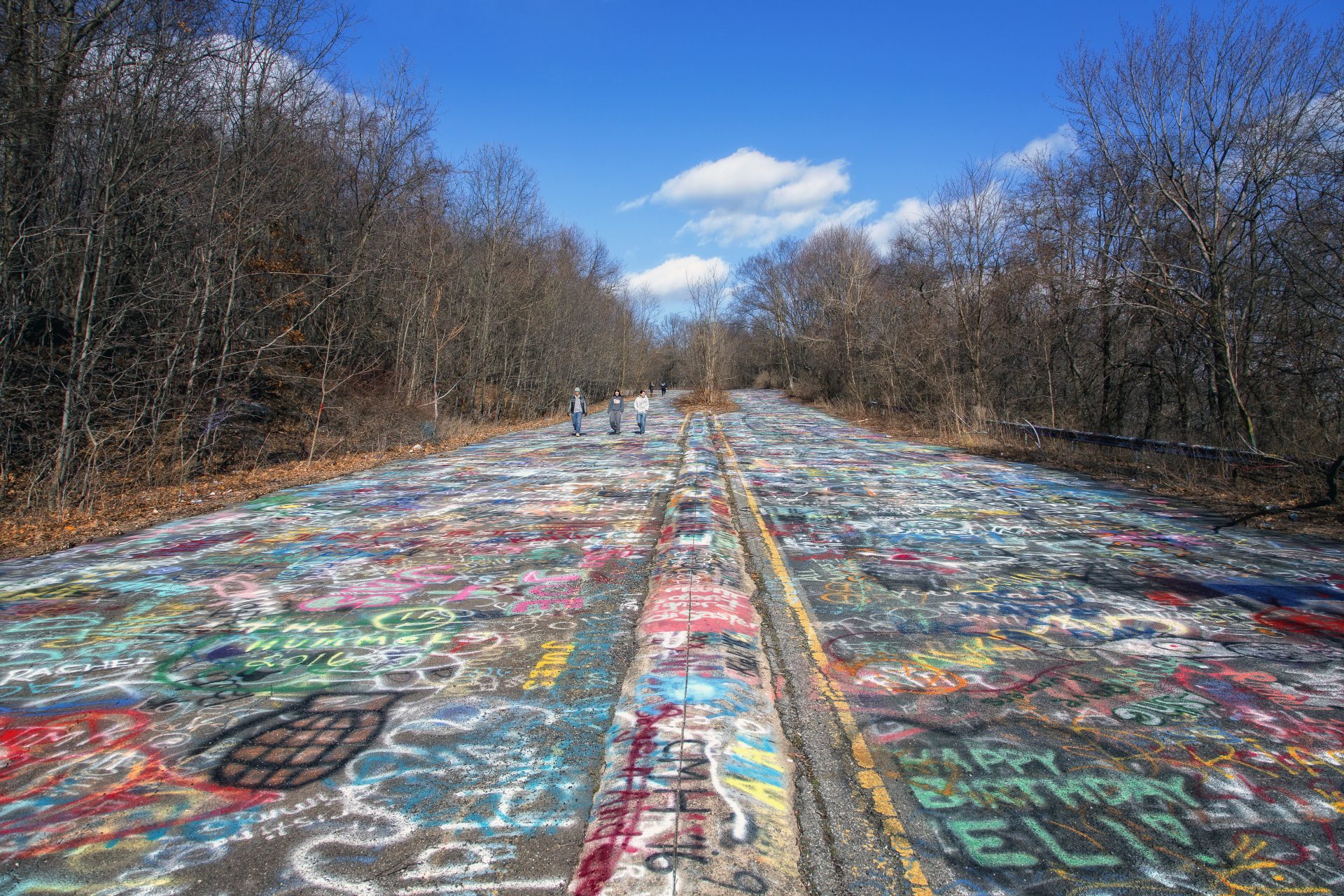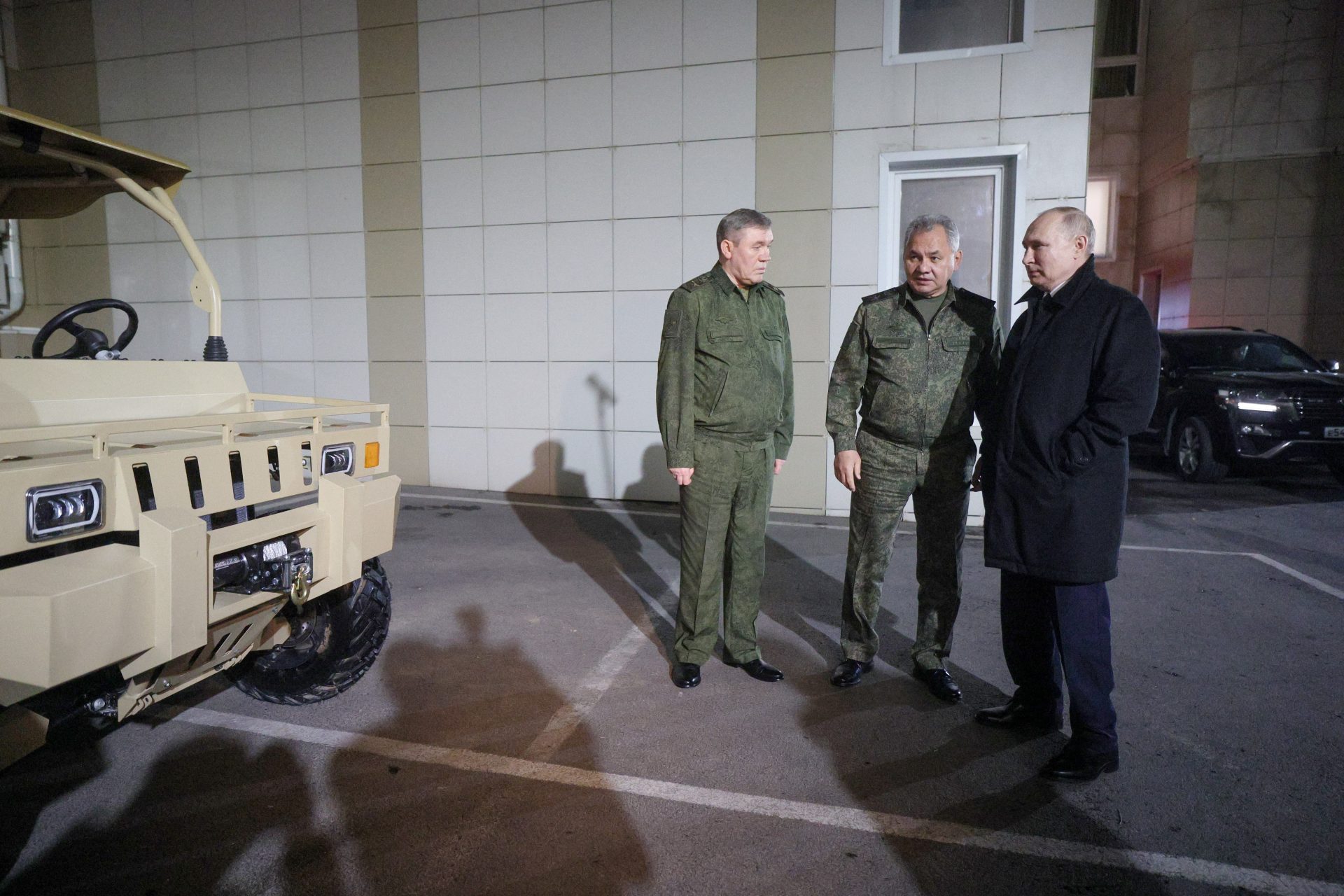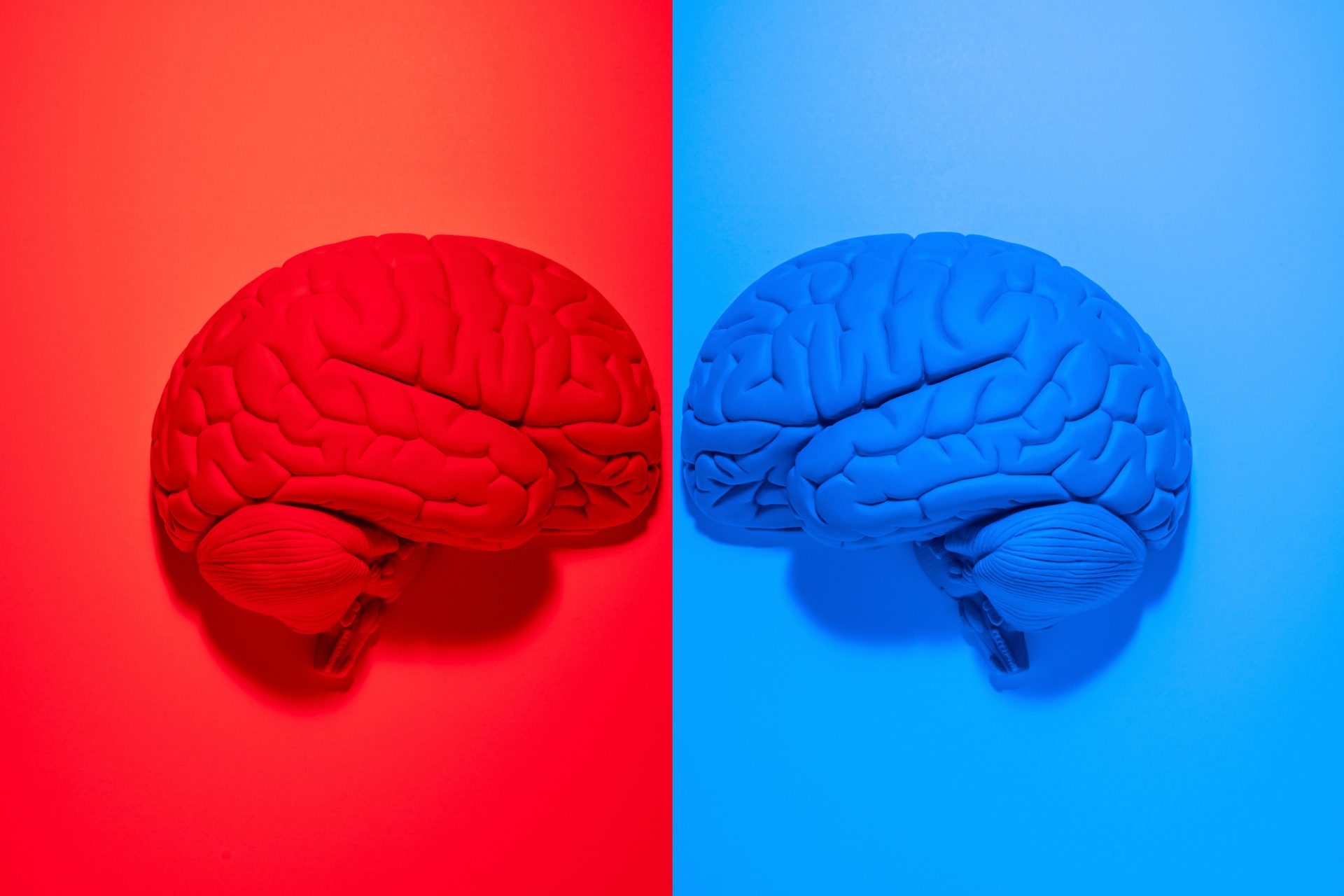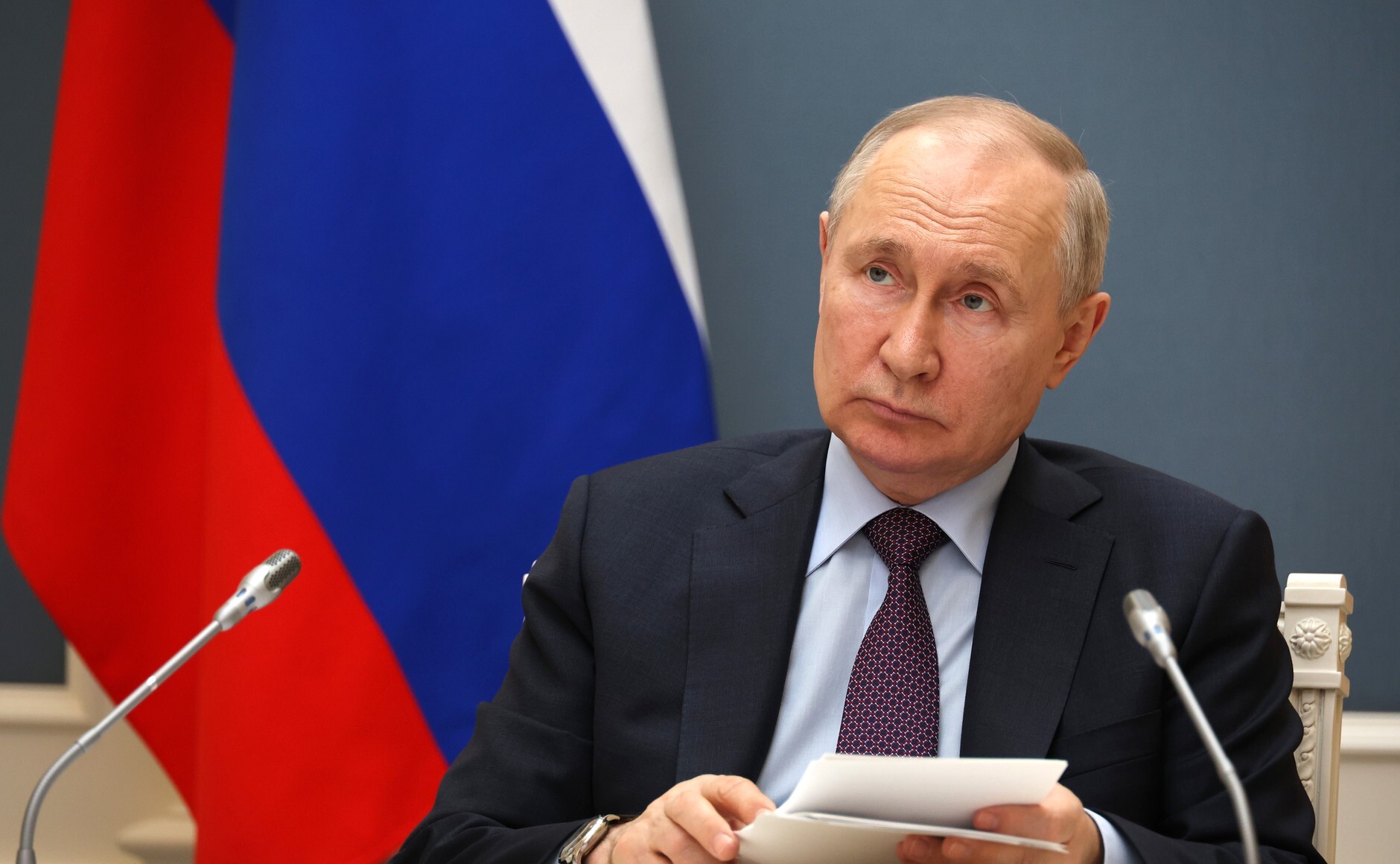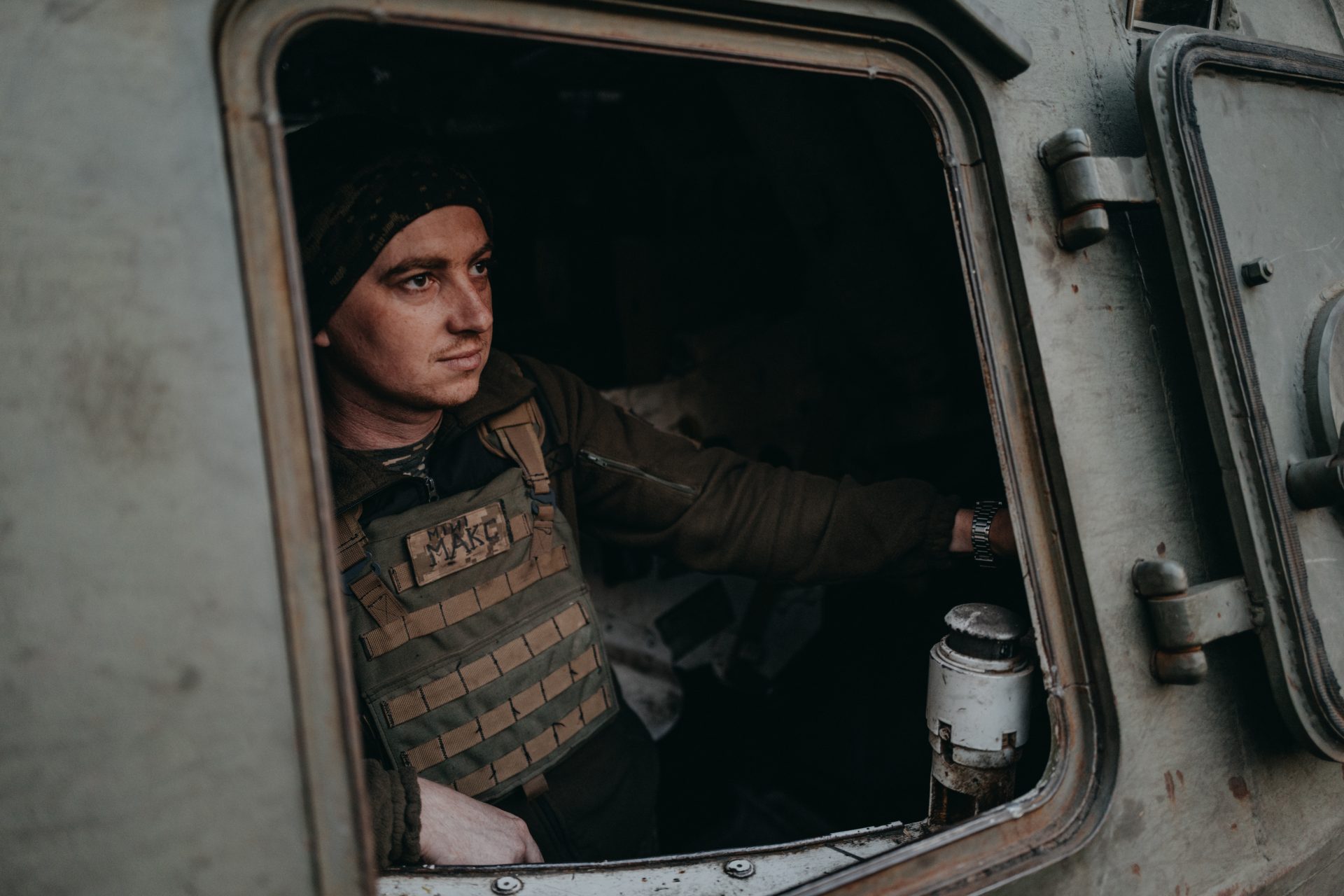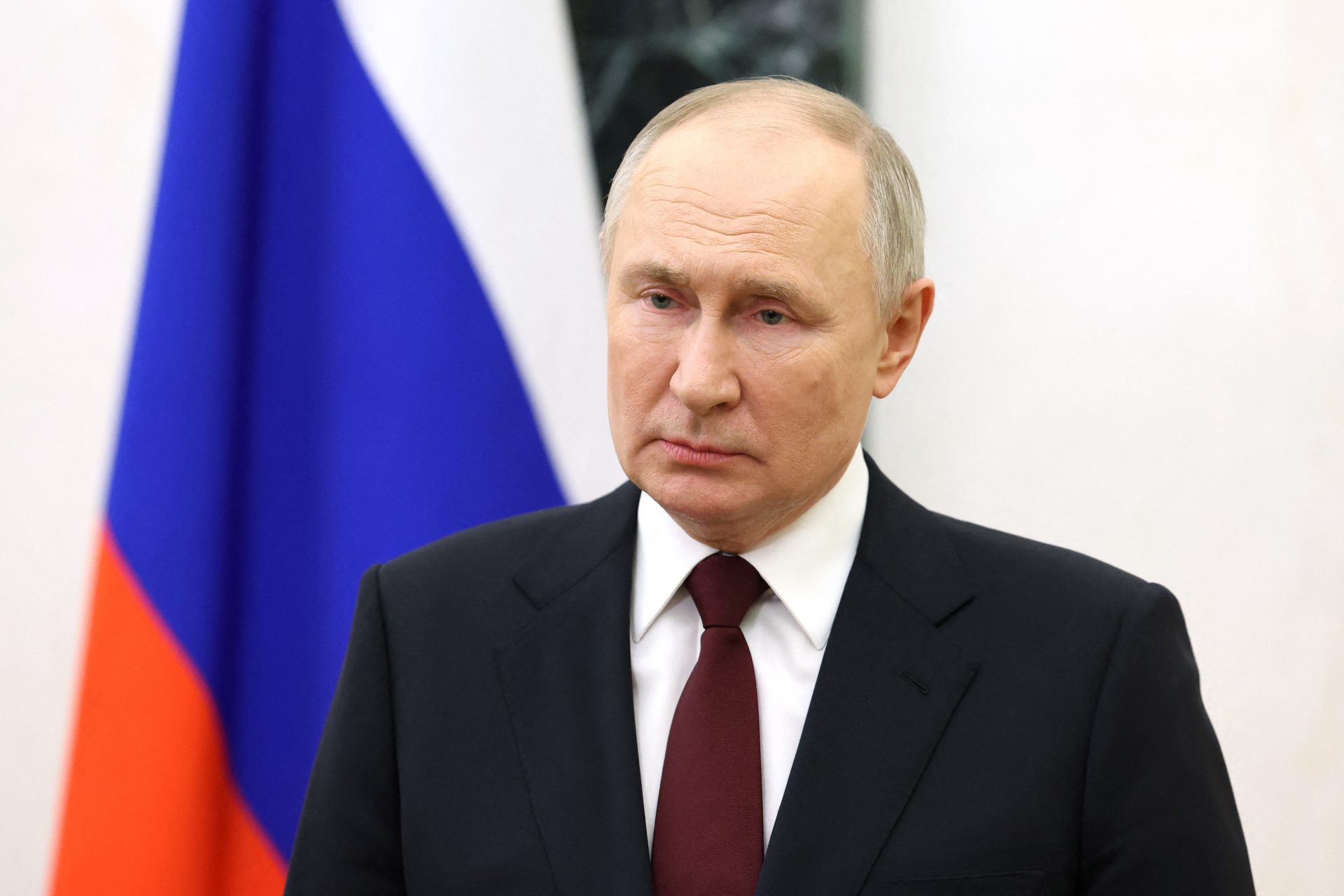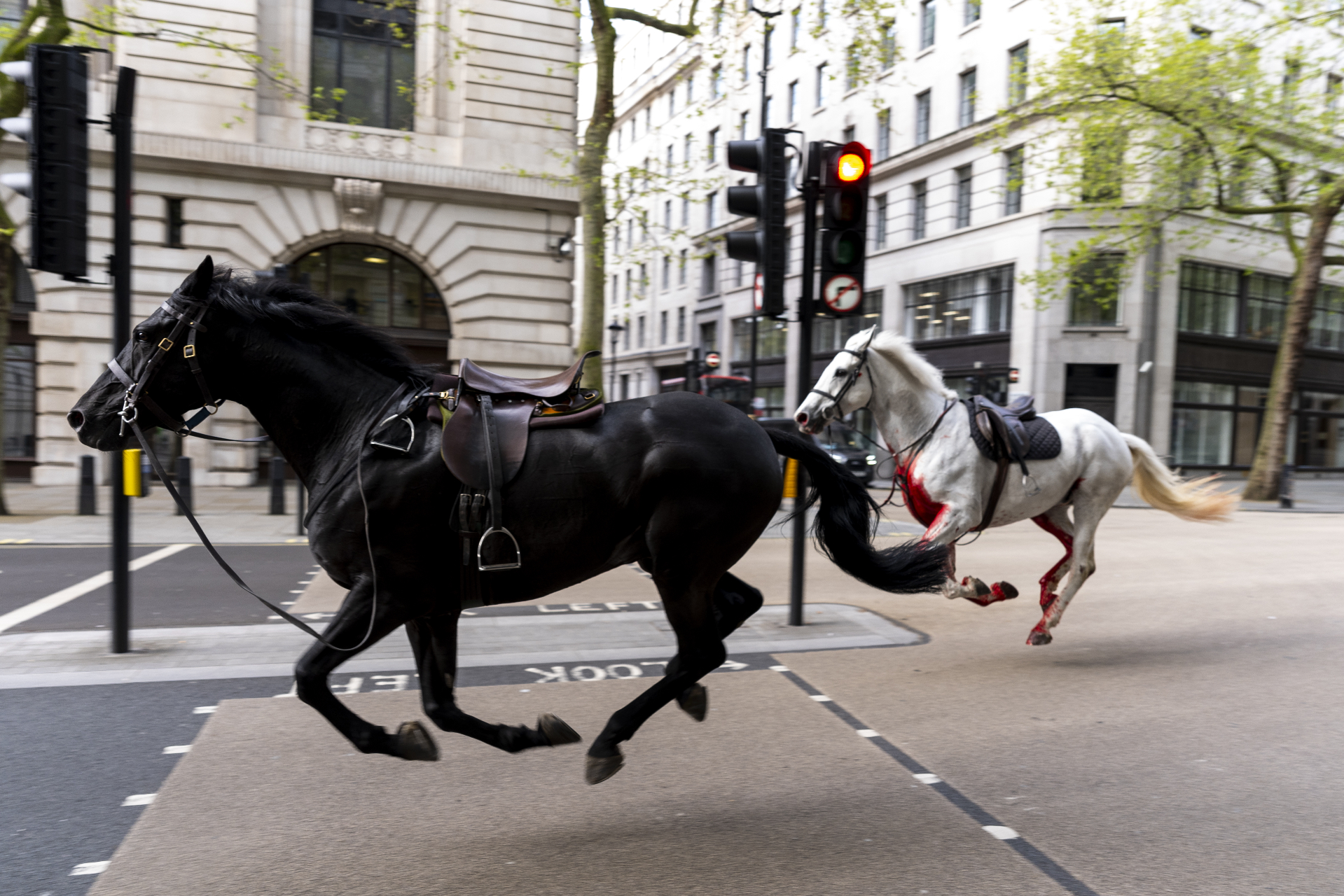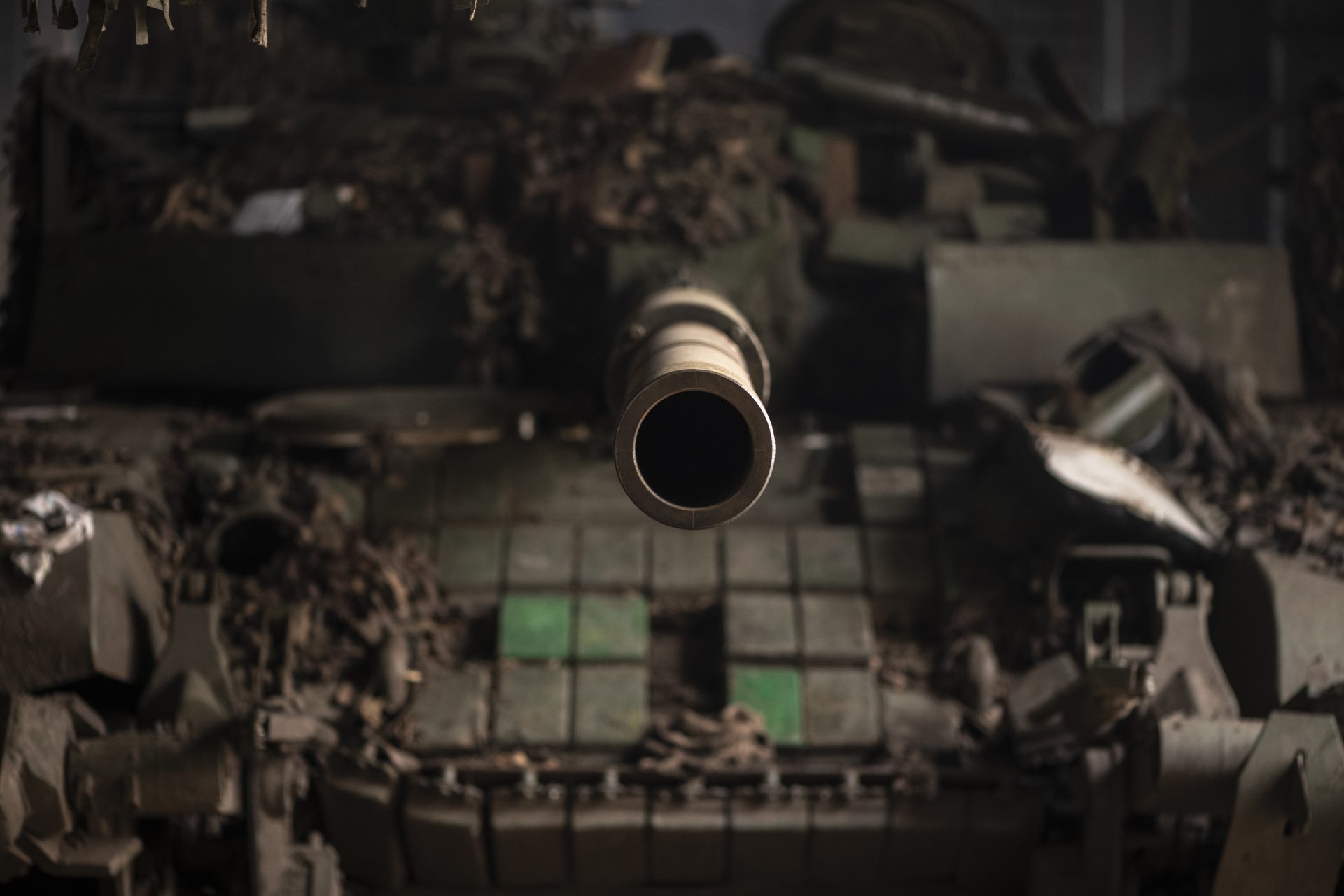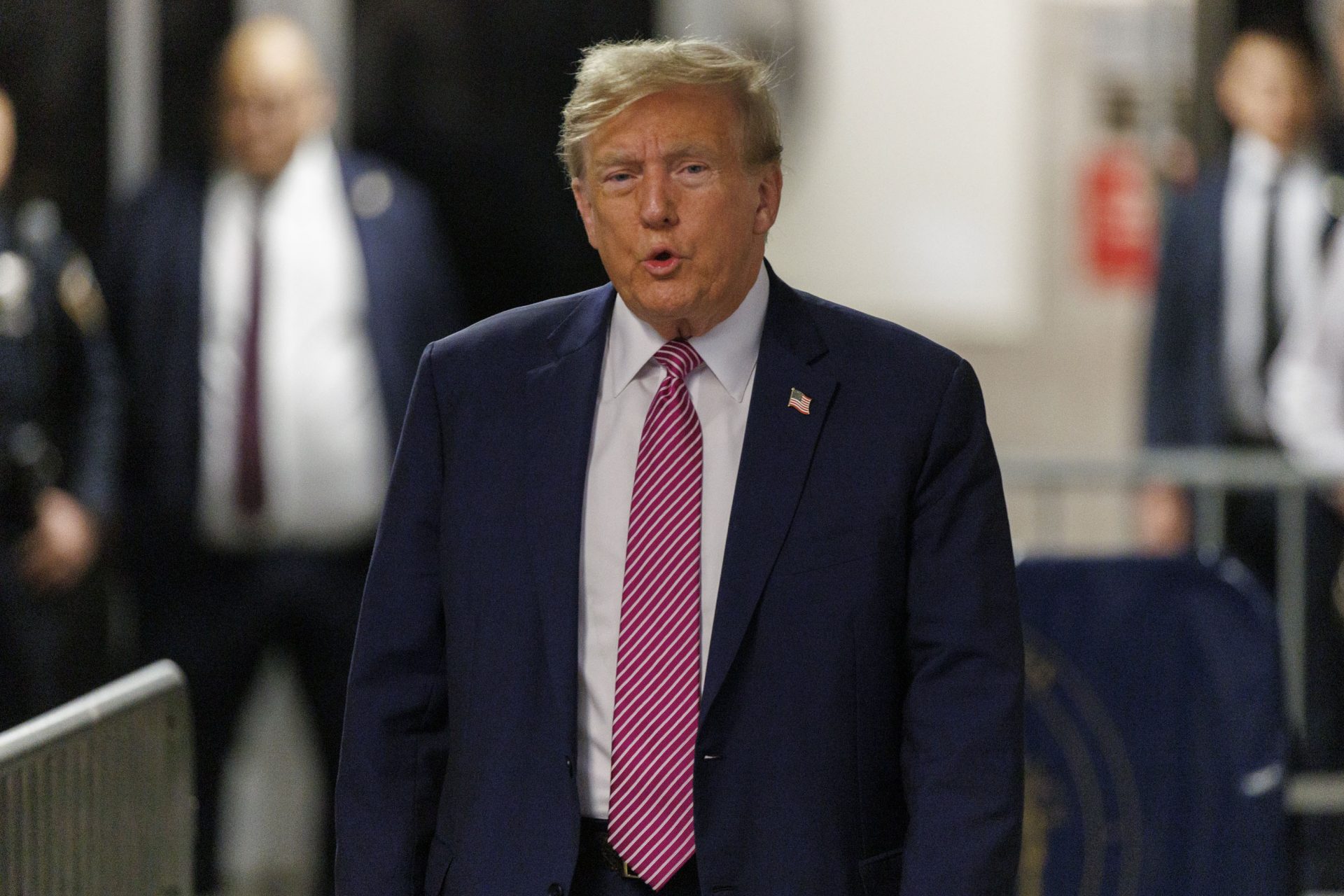30 years after the genocide in Rwanda: a look a France's involvement
30 years ago, on April 7, 1994, the genocide of the Tutsi ethnic group by the Hutus began in Rwanda. More than 800,000 people lost their lives during these massacres which lasted three months.
In the country still marked by these events, a somber memorial took place this Sunday, April 7, 2024, the day which marked the start of the genocide.
Many heads of state were present in Kigali, such as Charles Michel, the president of the European Council, as well as the representative of the African Union and the South African president (left in the photo).
President of the United States at the time of the genocide, Bill Clinton also visited the site, as did the former French head of state, Nicolas Sarkozy, who was the first to visit Rwanda in the years following the tragedy.
Despite the thousands of kilometers that separate the two countries, France, at the time an ally of the Hutu government, indeed had a particular role in the fatal chain of events.
Quoted by 'France Info', Rwandan President Paul Kagame declared during the commemorations that the international community had "let down" the threatened Tutsis, "whether through contempt or cowardice".
As historian Vincent Duclert recalls in an interview with 'TV5 Monde', Paul Kagame's declaration on the abandonment of Rwanda by the international community is "in accordance with historical truth".
@Chris Boland / Unsplash
The Belgian public broadcaster 'RTBF' recalled that the United Nations had withdrawn from Rwanda after the assassination of Belgian peacekeepers, handing over the entire country to the genocidaires (Génocidaires are Rwandans who are guilty of genocide).
However, the UN and certain Western states, such as France or Belgium, had information leaving no doubt about the preparation of a large-scale massacre, such as the purchase of weapons using embezzled international funds. .
“President Paul Kagame was keen to emphasize, however, that three countries, New Zealand, the Czech Republic and Algeria, non-permanent members of the UN Security Council, had fought so that the international community act and quickly recognize the genocide,” underlines Vincent Duclert.
In 2021, after 27 years of uncertainty over France's real involvement, the country's responsibility was recognized by the President of the Republic, Emmanuel Macron, who reiterated his position this year in a video message.
The same year, a commission of historians chaired by Vincent Duclert concluded that France had “heavy and overwhelming responsibilities” in the 1994 genocide.
Quoted by 'France 24', Emmanuel Macron declared that his country "could have stopped the genocide with its Western and African allies" but that it "did not have the will." A gaping wound in the recent history of France and Africa.
Furthermore, France, chaired at the time by François Mitterrand, supported the Hutu regime of Juvénal Habyarimana, whose assassination on April 6, 1994 was the trigger for the genocide.
Quoted by 'RTBF', the French historians' report indicates that François Mitterrand "had very close links with President Habyarimana" and that "he used it enormously to obtain everything from France, without conceding anything. For example with ethnic identity cards which were used during the genocide to eliminate the Tutsis. »
"France should have exerted pressure, refused to provide military resources as long as Habyarimana refused to modify the identity cards. France has not done so," adds the report.
Thirty years after the events, Paris' recognition of its own responsibility opens the way to new cooperation between the two countries, in particular by pursuing the alleged genocidaires who have taken refuge in France.
Vincent Duclert notes a “very clear acceleration of arrest procedures and trials”, citing the example of Félicien Kabuga, suspected of having been the financier of the genocide and arrested in 2020 by the French gendarmes.
The specialist notes that Kigali does not request extraditions, placing its trust in French justice. Indeed, the universal jurisdiction of the judge allows France to judge genocidaires on its soil.
For Vincent Duclert, the challenge for the future is to “form the consciousness of a generation”, through teaching made possible by “the pursuit of research” and “the opening of archives”.
Three decades after the Tutsi genocide, the truth about the responsibilities of the different actors has finally emerged. More than ever, the duty of remembrance is necessary so as not to forget these atrocities and to prevent them from happening again!
More for you
Top Stories



